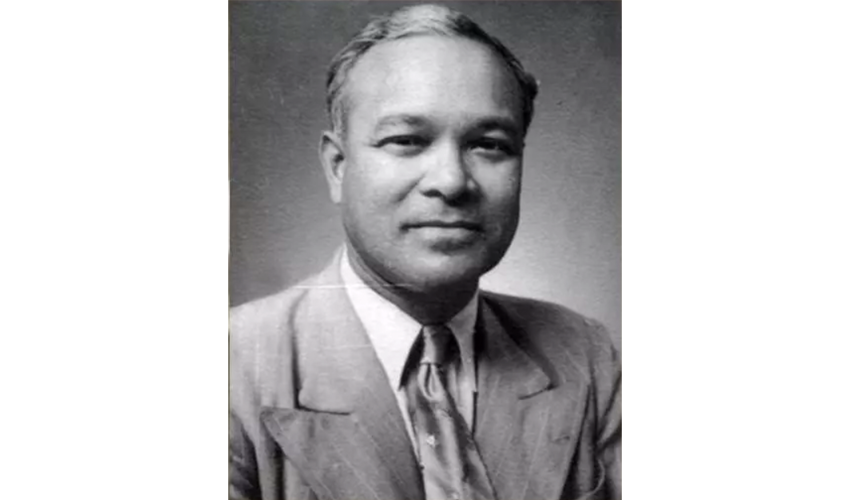
Jaipal Singh Munda was a gifted man, intellectually and physically. As his speeches in the Constituent Assembly reveal, he was a passionate and articulate voice for Adivasi rights at a time when they had suffered centuries of exploitation, and had been kept away from the modern political process by the British.
Born as Pramod Pahan in the Khunti subdivision (now, district) of Ranchi, the same region as adivasi icon Birsa Munda, he acquired his new name when he was enrolled in St. Paul’s school, run by the SPG Mission of the Church of England. He excelled in school and his talent impressed a missionary, Canon Cosgrave, whom he accompanied to England. There, he graduated from St. John’s College, Oxford University in 1926 with an honours degree in economics. During his time at university, he was also the President of the Oxford Indian Majlis, a debating society founded by Indian students.
A gifted hockey player, Munda was asked to captain the Indian Hockey team at the 1928 Olympics, while he was working as a probationer for the Indian Civil Service. He agreed, despite protests from the India Office, and subsequently resigned from his position after returning to India. While India actually went on to win the gold medal, Munda could not participate after the league matches due to a disagreement with the team’s manager.
He took up various jobs, including one which took him to Ghana, before assuming the position of the President of the Adivasi Mahasabha in 1939, whose goal was to create “pan-tribal solidarity to solve tribal problems.” Under his leadership, the party also made the demand for a separate state with an adivasi majority population – Jharkhand.
The Mahasabha renamed itself the ‘Jharkhand Mahasabha’ after Independence and entered the electoral foray. It won 33 seats in the 1952 Bihar Assembly elections. However, its popularity eventually declined. In 1963, Jaipal Munda merged the party with the Indian National Congress, disappointed with its electoral trajectory and the rejection of the demand for Jharkhand by the States Reorganisation Commission in 1962.
Munda, by his own admission, was “rich” though only “according to Adivasi reckoning”. Further, as his travels took him far away from the country and, particularly, from his ‘land’, he was charged with being disconnected from the actual problems of adivasis. This charge was also levelled by another member of the Constituent Assembly working for the Adivasi cause, AV Thakkar. Unlike Munda, who was a vocal critic of the Congress and spoke against all ‘outsiders’ in unequivocal terms, Thakkar was a Gandhian and member of the Servants of India Society.
Jaipal Munda rejected Thakkar’s conciliatory approach, with its thrust towards the ‘social uplift’ of adivasis, in favour of articulating a powerful claim to the land and certain “prescriptive” rights by virtue of the Adivasi people being its “original inhabitants”. This is a common theme in all three speeches. He states that the oppression of the tribals has been carried out for 6,000 years by “intruders” – a term including not just the British, but all non-adivasi residents of India.
Another important theme in his speeches is the lack of tribal representation, particularly in the Advisory Committee on Fundamental Rights, Minorities, Tribals and Excluded Areas. This committee was constituted in accordance with the Cabinet Mission’s Statement of May 16. Though Munda himself was indeed a member, he noted the lack of Adivasi women and the fact that Adivasi representation was widely disproportionate with respect to their actual population in the country.
His speeches highlight centuries of ill-treatment, the last of which was the British classification of Adivasi-majority areas as ‘Excluded’ or ‘Partially Excluded,’ which kept them away from the modern political process. He makes a powerful demand for affirmative action for his community, to correct historic disadvantages. Importantly, he is not shy about calling out the Assembly’s oversight (or, worse, hypocrisy) on this point. For instance, in the speech on the 27th of August, 1947, he asks why a policy has been announced for reserved Central government appointments for the Scheduled Castes, but not for the adivasis who are the “most needy”.
Even though his speeches articulate his anger against the treatment meted out to adivasis and the fact that a majority of Indians – not just the British – were responsible for it, he seems to desist from taking an altogether adversarial stance. For what also comes across is his strong faith in the Constituent Assembly and India’s new leadership (particularly Jawaharlal Nehru, whom he names several times). He articulates his vision for India as a nation which will reconstituted on an equitable and just framework.
It is tragic that his faith could not be vindicated in his lifetime. He did not live to see the creation of Jharkhand in 2000, as passed away at the age of 63 in 1970. However, despite the delay in the achievement of this goal, his leadership proved instrumental in the early stages of the fight for Adivasi rights.
His interventions, often uncomfortable for a Constituent Assembly which was trying to project the idea of a ‘unified nation,’ constitute a powerful articulation of the Adivasi case.
It is not for nothing that Jaipal Singh Munda is referred to as ‘Marang Gomke’ (the Great Leader).
(Quotes, where unattributed, belong to Jaipal Singh Munda)
Sir, the mover and the seconder have indicated how the disposition, the distribution has been made in this Advisory Committee. This is a matter of life and death for the tribal people in particular. I congratulate the Indian National Congress leaders; I congratulate also those minority communities who have been able to get more seats than are due to them numerically. That cannot be denied. Number for number, the Sikhs, the Christians, the Anglo-Indians and the Parsis have been given more than is their due. I do not grudge them all this; but, the fact remains that they have been given many more seats than is their due, whereas when we come to my people, the real and most ancient people of this country, the position is different. But I do not grumble. For my purpose, it would be quite enough to have Panditji only; but he is not a member. I would entrust the future of every tribal people in this country, in the hands of Pandit Jawaharlal Nehru, and rather be not there myself. Let me assure you, that we are not dependent on numbers – the number of votes that will be given in the Advisory Committee. We have been inarticulate. I led no deputation to Sardar Patel, or to you, Mr. President, about our rights, about our claims and about our dues. I leave it to the good sense of the House and of the Advisory Committee, that, a long, last, they will right the injuries of six thousand years. In another place, once when I said that a particular group of our Indian nation had been heavily weighted, my remarks were resented by that particular group, I tell you that it does not worry us at all if the Sikhs get 60 seats in this particular Advisory Committee, or anywhere else. I congratulate them.
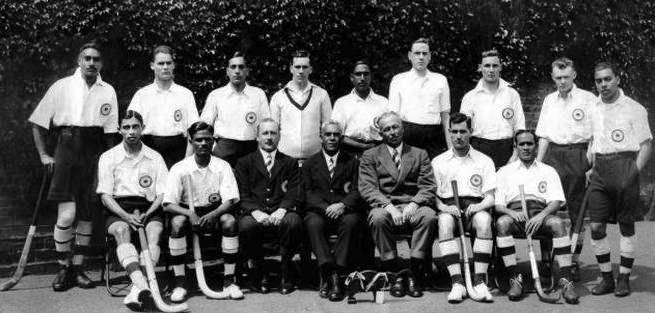
Jaipal Singh Munda and the St. John’s College hockey team.
We thank the Indian National Congress for saying that the minority question cannot be over-rated as Pandit Govind Ballabh Pant said. But has it been over-rated as far as the tribals are concerned? Can it be honestly said that you have in any way over-rated their position? I am not pleading for any more seats; I have not submitted any amendment, I am not moving any amendment, but I must draw the attention of this House and of this country, if I may say so, that here we are all on trial. Hitherto it has been very easy for us to say it is the British – it is the British who have kept you in a zoo by making for you Partially Excluded Areas and Excluded Areas. Are you behaving any differently? I ask this question. I ask the Advisory Committee. I find my own name in it. While I find my own name in it, I am bound to point out that there is no name of any tribal woman in the Advisory Committee. How has that been left out? There is no tribal woman member in the Advisory Committee.
Hitherto it has been very easy for us to say it is the British – it is the British who have kept you in a zoo by making for you Partially Excluded Areas and Excluded Areas. Are you behaving any differently? I ask this question. I ask the Advisory Committee. I find my own name in it. While I find my own name in it, I am bound to point out that there is no name of any tribal woman in the Advisory Committee. How has that been left out?
That never occurred to the people who were responsible for the selection of members of the Committee. I am not saying that she should be included, but it is significant that the thing has not been seriously considered. Similarly, as I repeat thirteen or whatever the figure is that has been fixed – I accept that, I do not say any more, but I do want to expose the ignorance that is exposed in the suggestion of this figure, or for that matter, in the nomination of the Tribal Areas members. Look at the disposition of the tribal population throughout India. I have no quarrel. With the muddling that has been made in the census enumeration at every decennial reckoning, the latest figure is 254 lakhs, I accept that. Now in that we find that the largest tribal group in India are the Munda-speaking tribe. If you add up their 1941 figures, you will find that they are something like 43 lakhs. The next in magnitude are the Gonds. Now we have been given a Gond representative; I am glad there is one. The next come Bhils, 23 lakhs. No Bhil is on this Committee. Like that, we go on to Oraons, with 11 lakhs, there is no Oraon on this Committee. Mr. President, time is valuable. Pandit Jawaharlal Nehru elsewhere said that every day we take it costs something like Rs. 10,000. I think the life of 25 million tribals is worth more than Rs. 10,000 a day. This is an opportunity where I must have my say, if you will permit me. I note also that, for some reason or other, there is no tribal member at all in the Fundamental Rights Committee.
Now in that we find that the largest tribal group in India are the Munda-speaking tribe. If you add up their 1941 figures, you will find that they are something like 43 lakhs. The next in magnitude are the Gonds. Now we have been given a Gond representative; I am glad there is one. The next come Bhils, 23 lakhs. No Bhil is on this Committee. Like that, we go on to Oraons…
Mr. Chairman, Sir, I rise to speak on behalf of millions of unknown hordes – yet very important – of unrecognised warriors of freedom, the original people of India who have variously been known as backward tribes, primitive tribes, criminal tribes and everything else, Sir, I am proud to be a Jungli, that is the name by which we are known in my part of the country. Living as we do in the jungles, we know what it means to support this Resolution. On behalf of more than 30 millions of the Adibasis [CHEERS], I support it not merely because it may have been sponsored by a leader of the Indian National Congress. I support it because it is a resolution which gives expression to sentiments that throb in every heart in this country. I have no quarrel with the wording of, this Resolution at all. As a jungli, as an Adibasi, I am not expected to understand the legal intricacies of the Resolution. But my common sense tells me, the common sense of my people tells me that every one of us should march in that road of freedom and fight together. Sir, if there is any group of Indian people that has been shabbily treated it is my people. They have been disgracefully treated, neglected for the last 6,000 years. The history of the Indus Valley civilization, a child of which I am, shows quite clearly that it is the new comers – most of you here are intruders as far as I am concerned – it is the new comers who have driven away my people from the Indus Valley to the jungle fastnesses. This Resolution is not going to teach Adibasis democracy. You cannot teach democracy to the tribal people; you have to learn democratic ways from them. They are the most democratic people on earth. What my people require, Sir, is not adequate safeguards as Pandit Jawahar Lal Nehru has put it. They require protection from Ministers, that is the position today. We do not ask for any special protection. We want to be treated like every other Indian. There is the problem of Hindustan. There is the problem of Pakistan. There is the problem of Adibasis. If we all shout in different militant directions, feel in different ways, we shall end up in Kabarasthan.
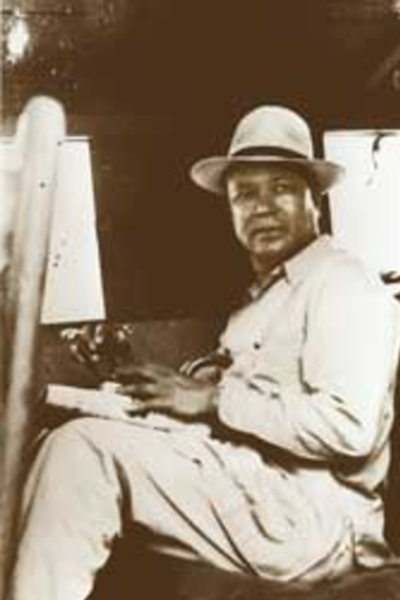
The whole history of my people is one of continuous exploitation and dispossession by the non-aboriginals of India punctuated by rebellions and disorder, and yet I take Pandit Jawahar Lal Nehru at his word. I take you all at your word that now we are going to start a new chapter, a new chapter of Independent India where there is equality of opportunity, where no one would be neglected. There is no question of caste in my society. We are all equal. Have we not been casually treated by the Cabinet Mission, more than 30 million people completely ignored? It is only a matter of political widow-dressing that today we find six tribal members in this Constituent Assembly. How is it? What has the Indian National Congress done for our fair representation? Is there going to be any provision in the rules whereby it may be possible to bring in more Adibasis and by Adibasis I mean, Sir, not only men but women also?
Sir, if there is any group of Indian people that has been shabbily treated it is my people. They have been disgracefully treated, neglected for the last 6,000 years. The history of the Indus Valley civilization, a child of which I am, shows quite clearly that it is the new comers – most of you here are intruders as far as I am concerned – it is the new comers who have driven away my people from the Indus Valley to the jungle fastnesses.
There are too many men in the Constituent Assembly. We want more women, more women of the type of Mrs. Vijayalakshmi Pandit who has already won a victory in America by destroying this racialism. My people have been suffering for 6,000 years because of your racialism, racialism of the Hindus and everybody else. Sir, there is the Advisory Committee. My people, the Adibasis – they are also Indians and are deeply concerned about what is going to happen about the selection to the Advisory Committee. When I was first given a copy of the Memorandum, as first submitted by the Cabinet Mission, in section 20 the language read as follows:-
“The Advisory Committee on the rights of citizens, minorities and tribal and excluded areas should contain full representation (mark you ‘should contain full representation’) of the interests affected……..”
Now, when I read a reprint of that in Command Paper 6821, the same paragraph 20 seems to read differently. Here it reads:
“The Advisory Committee on the rights of citizens, minorities and tribal and excluded areas will contain due representation.”
[It is clarified that the discrepancy is a misprint]
I want to be quite clear on that point. I think there has been juggling of words going on to deceive us. I have heard of resolutions and speeches galore assuring Adibasis of a fair deal. If history had to teach me anything at all, I should distrust this Resolution, but I do not. Now we are on a new road. Now we have simply got to learn to trust each other. And I ask friends who are not present with us today, that they should come in, they should trust us and we, in turn must learn to trust them. We must create a new atmosphere of confidence among ourselves. I regret there has been too much talk in this House in terms of parties and minorities. Sir, I do not consider my people a minority. We have already heard on the floor of the House this morning that the Depressed Classes also consider themselves as Adibasis, the original inhabitants of this country. If you go on adding people like the exterior castes and others who are socially in no man’s land, we are not a minority. In any case we have prescriptive rights that no one dare deny. I need say no more. I am convinced that not only the Mover of this Resolution, Pandit Jawahar Lal Nehru, but everyone here will deal with us justly.
![Jaipal Singh Munda at St. John's College, University of Oxford. [Bottom row, extreme right]](http://indianhistorycollective.com/wp-content/uploads/2021/06/JSM@StJohns.png)
Jaipal Singh Munda at St. John’s College, University of Oxford. [Bottom row, extreme right]
It is only by dealing justly, and not by a proclamation of empty words, that we will be able to shape a constitution which will mean real freedom. I have heard pronouncements made by Pandit Jawahar Lal Nehru in different parts of the country. More particularly was I impressed by what he said during his visit to Assam during the elections. When he was in Ramgarh, I invited him to come and address the sixty thousand Adibasis who were assembled at Ranchi, only 30 miles away. Unfortunately, work kept him busy and he was unable to come. Very fine things have been said. Now, Sir, I would like, for example, to quote, if I may, what Maulana Abul Kalam Azad said at Ramgarh:
“The Congress does not want to dictate its own terms. It admits the fullest right of the minorities to formulate their own safeguards. So far as the settlement of their problem is concerned, it would not depend on the word of the majority.”
We have already heard on the floor of the House this morning that the Depressed Classes also consider themselves as Adibasis, the original inhabitants of this country. If you go on adding people like the exterior castes and others who are socially in no man’s land, we are not a minority. In any case we have prescriptive rights that no one dare deny. I need say no more.
Sir, the solutions to the various problems of the Adibasis are obvious to my mind and these solutions will have to be thrashed out at some later date. Here I can only adumbrate what is my faith in what seems to be the just solution and it is by a realignment by a daring redistribution of provinces. The case of my own area has been very well put, Sir, by yourself when you were the Chairman of the Reception Committee of the Ramgarh session of the Congress. May I just read out the words of cheer that you gave them?
“That portion of Bihar where this great assemblage is meeting today has its own peculiarities. In beauty it is matchless. its history too is wonderful. These parts are inhabited very largely by those who are regarded as the original inhabitants of India. Their civilisation differs in many respects from the civilisation of other people. The discovery of old articles shows that this civilisation is very old. The Adibasis belong to a different stock from the Aryas and people of the same stock are spread towards the south-east of India in the many islands to a great distance. Their ancient culture is preserved in these parts to a considerable extent, perhaps more than elsewhere.”
Sir, I say you cannot teach my people democracy. May I repeat that it is the advent of Indo – Aryan hordes that has been destroying that vestiges of democracy. Pandit Jawahar Lal Nehru in his latest book puts the case very nicely and I think I may quote it. In his ‘Discovery of India‘ he says, talking of the Indus Valley Civilisation, and later centuries.
“There were many tribal republics, some of them covering large areas.”
Sir, there will again be many tribal republics, republics which will be in the vanguard of the battle for Indian freedom. I heartily support the Resolution and hope that the members who are now outside will have the same faith in their fellow countrymen. Let us fight for freedom together, sitting together and working together. Then alone, we shall have real freedom.
[APPLAUSE]
In his Discovery of India he [Nehru] says, talking of the Indus Valley Civilisation, and later centuries – “There were many tribal republics, some of them covering large areas.”
Sir, there will again be many tribal republics, republics which will be in the vanguard of the battle for Indian freedom.
Mr. President, I myself am a member of the advisory Committee. So I would not like to congratulate myself and my colleagues. But I have come to say a few words on behalf of the Adivasis of India in so far as they are affected by the recommendations of the Minorities Sub-Committee. I do felicitate some of the smaller and, if I may, say so in comparison with our own numbers, the infinitesimal minority groups like the Anglo-Indians and the Parsis, on their success. So far as the Anglo-Indian are concerned, they certainly have received more than their desserts. I do not grudge them that let them have that, and good luck to them in the future. Our attitude has not been on grounds of being a numerical minority at all. Our position has nothing whatever to do with whether we are less than the Hindus or Muslims or more than the Parsis. Our stand point is that there is a tremendous disparity in our social, economic and educational standards, and it is only by some statutory compulsion that we can come up to the general population level: I do not consider the Adibasis are a minority. I have always held that a group of people who are the original owners of this country, even if they are only a few, can never be considered a majority. They have prescriptive rights which no one can deny. We are not however asking for those prescriptive rights.
![A collection of Jaipal Singh's writings and speeches. [Credit: Pyara Kerketta Foundation]](http://indianhistorycollective.com/wp-content/uploads/2021/06/JSMBOOK-1.jpeg)
A collection of Jaipal Singh Munda’s writings and speeches. [Credit: Pyara Kerketta Foundation]
We want to be treated like anybody else. In the past, thanks to the major political parties, thanks to the British Government and thanks to every enlightened Indian citizen, we have been isolated and kept, as it were, in a zoo. That has been the attitude, of all people in the past. Our point now is that you have got to mix with us. We are willing to mix with you, and it is for that reason, because we shall compel you to come near us, because we must get near you, that we have insisted on a reservation of seats as far as the Legislatures are concerned. We have not asked and, in fact, we have never had separate electorates; only a small portion of the Adibasis, that part of it which was converted to various religious and particularly to the Christian religions of the West, had a separate electorate but the vast majority, wherever it was enfranchised, was on a general electorate with, reservation of seats. So, as far as the Adibasis are concerned there is no change whatever. But numerically there is a very big change. Under the 1935 Act, throughout the Legislatures in India, there were altogether only 24 Adibasi MLAs. out of a total of 1,585, as far as the Provincial Legislatures were concerned and not a single representative at the Centre. Now in this adult franchise system of one member for one lakh population you can see the big jump. It will be ten times that figure. When I speak of Indian India may I also make my appeal to Princely India. In Princely India nowhere have Adibasis found any representation. I hope the spirit of Indian India, will duly permeate there.
[Interjection by M.S. Aney: There is no non-Indian India now]
Our position has nothing whatever to do with whether we are less than the Hindus or Muslims or more than the Parsis. Our stand point is that there is a tremendous disparity in our social, economic and educational standards, and it is only by some statutory compulsion that we can come up to the general population level: I do not consider the Adibasis are a minority… They have prescriptive rights which no one can deny. We are not however asking for those prescriptive rights. We want to be treated like anybody else.
I would explain to Mr. Aney that I was using a new phrase instead of ‘British India’ by calling it Indian India and calling the States Princely India. He may use some other expression if he so likes, but what I mean by Indian India is non-Princely India. I hope this spirit of trying to give a push to the most backward section of Indian society will permeate Indian States also.
Sir, a good deal has been said by my friends, the Scheduled Castes leaders in gratitude in regard to the reservation that has been made for appointments. Only a few days ago the Government of India made announcement that a certain policy would be followed so that the scheduled castes would find a place in the central Government. I deeply regret that the most needy, the most deserving group of Adibasis has been completely left out of the picture. I do hope that what I say here will reach the Government of India and that they will pay some attention to this particular item. We do not want reservation on any unequal terms. We desire that so long as we come up to the standards which are required for appointment we should not be kept out of the picture at all.
There is much more that one could say on the subject of Adibasis, but, as the House will have an opportunity to discuss that particular problem when the Reports of the two Tribal Sub-Committees come up before this Assembly. I need say no more now. But I commend that the recommendations of the Advisory Committee in regard to the minorities may receive the favourable considerations of this Assembly.
Jaipal Singh Munda was an Adivasi politician, writer and Olympic-gold winning hockey player. Born in Ranchi District, he went on to study at the University of Oxford. In 1939, he became the President of the Adivasi Mahasabha, whose goal was to create ‘pan-tribal’ solidarity. From early on in his career, he advocated for the creation of Jharkhand as an independent state. He was elected to the Constituent Assembly in 1946 as an Independent Candidate from Bihar. He passed away in 1970, at the age of 67. You can read more of his speeches and writings here, and learn more about him here.
| 2500 BC - Present | |
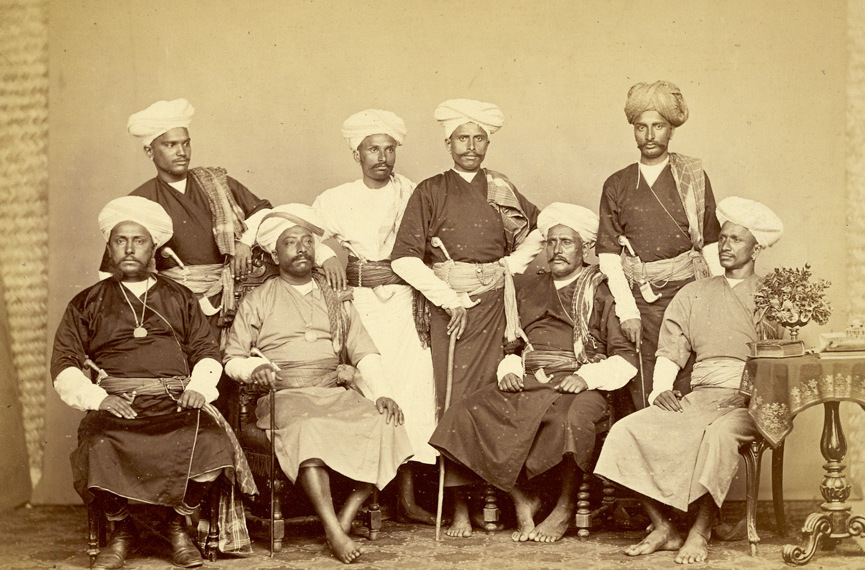
|
2500 BC - Present |
| Tribal History: Looking for the Origins of the Kodavas | |
| 2200 BC to 600 AD | |
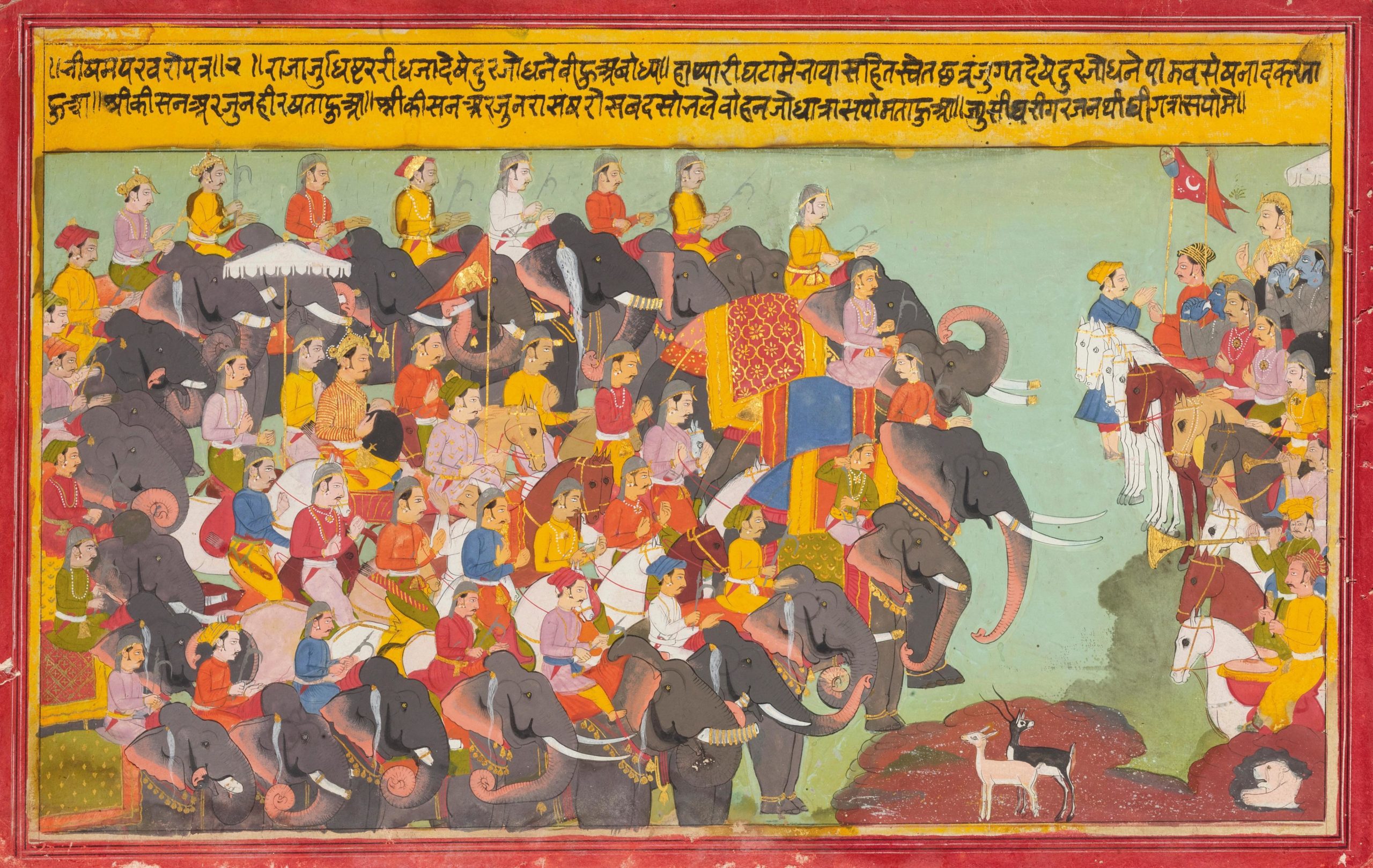
|
2200 BC to 600 AD |
| War, Political Violence and Rebellion in Ancient India | |
| 400 BC to 1001 AD | |
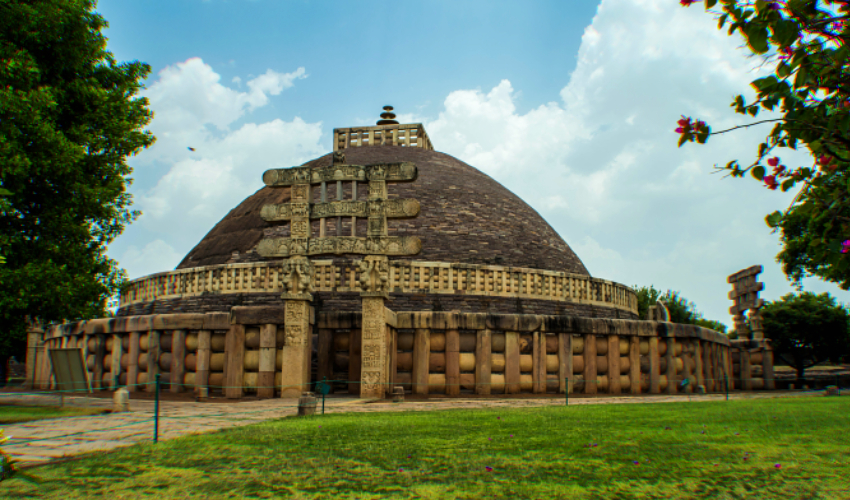
|
400 BC to 1001 AD |
| The Dissent of the ‘Nastika’ in Early India | |
| 600CE-1200CE | |
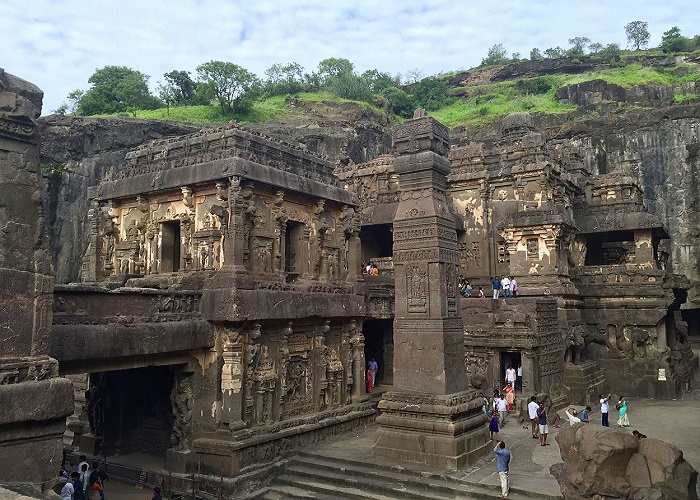
|
600CE-1200CE |
| The Other Side of the Vindhyas: An Alternative History of Power | |
| c. 700 - 1400 AD | |
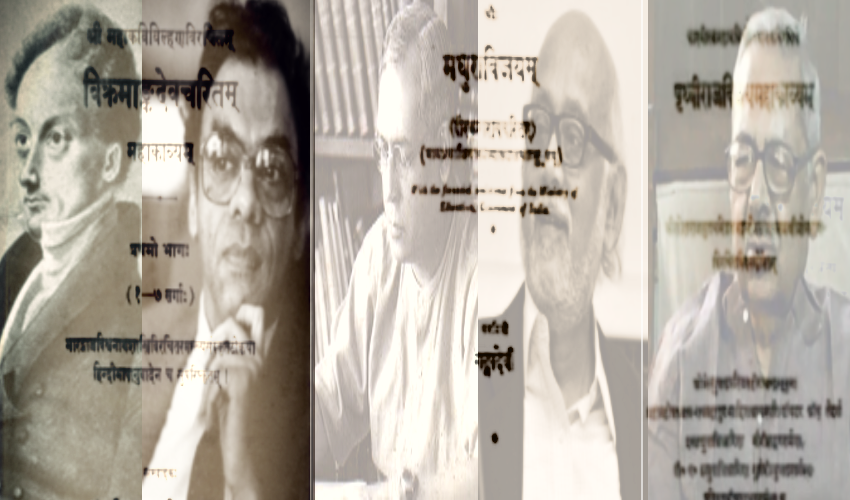
|
c. 700 - 1400 AD |
| A Historian Recommends: Representing the ‘Other’ in Indian History | |
| c. 800 - 900 CE | |
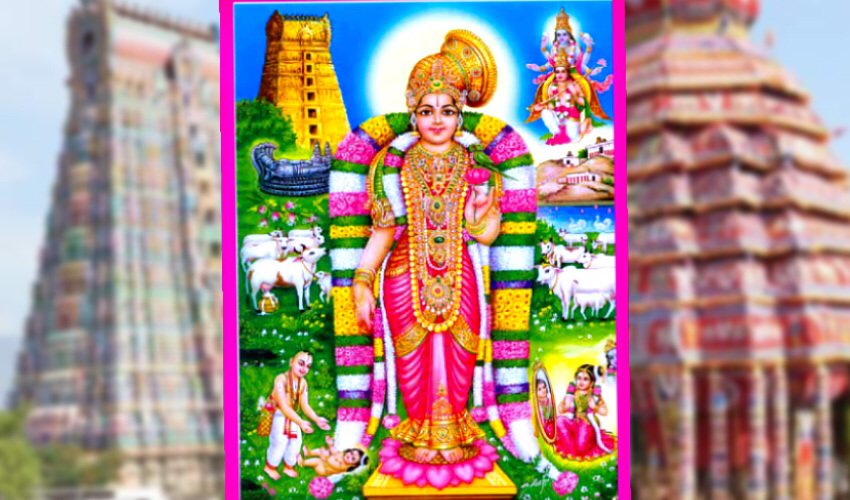
|
c. 800 - 900 CE |
| ‘Drape me in his scent’: Female Sexuality and Devotion in Andal, the Goddess | |
| 1192 | |
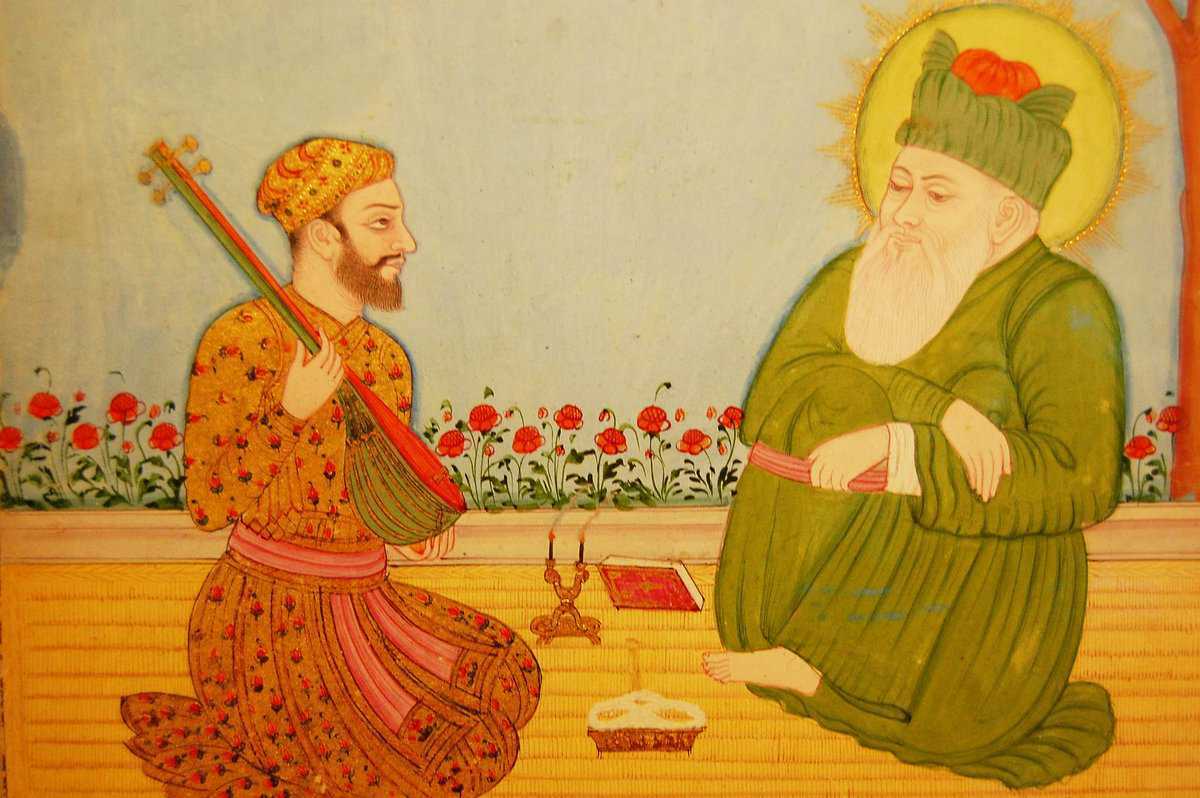
|
1192 |
| Sufi Silsilahs: The Mystic Orders in India | |
| 1200 - 1850 | |
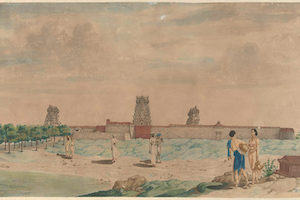
|
1200 - 1850 |
| Temples, deities, and the law. | |
| c. 1500 - 1600 AD | |
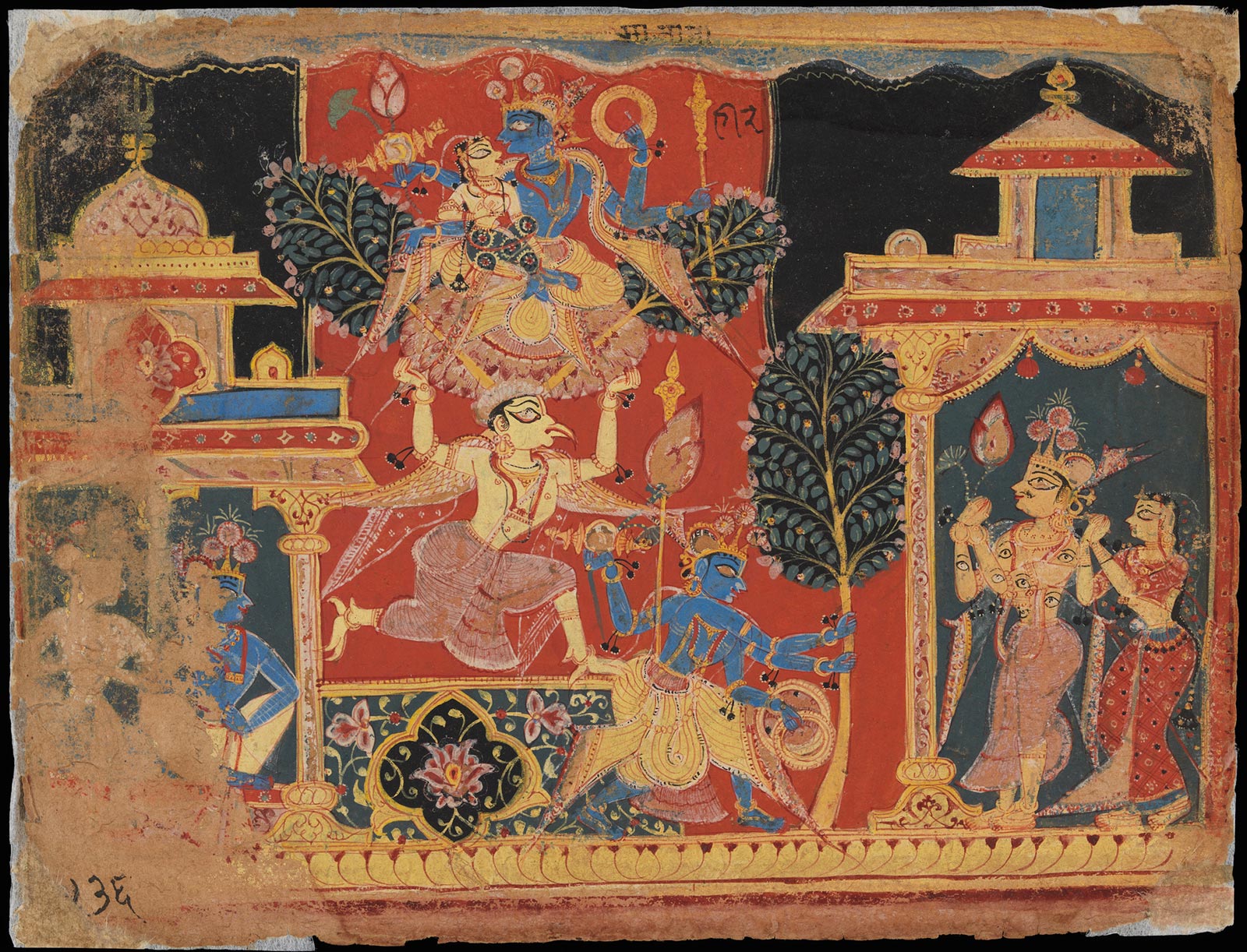
|
c. 1500 - 1600 AD |
| A Historian Recommends: Religion in Mughal India | |
| 1200-2020 | |
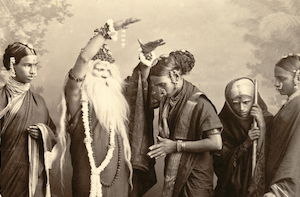
|
1200-2020 |
| Policing Untouchables and Producing Tamasha in Maharashtra | |
| 1530-1858 | |
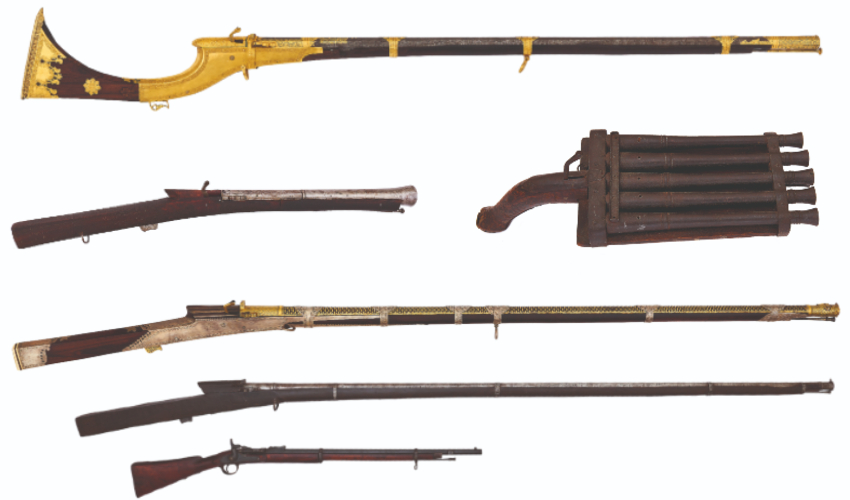
|
1530-1858 |
| Rajputs, Mughals and the Handguns of Hindustan | |
| 1575 | |
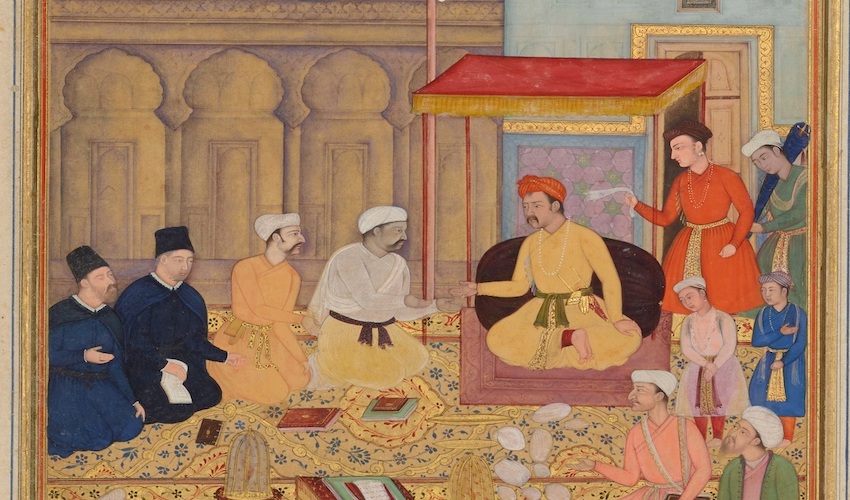
|
1575 |
| Abdul Qadir Badauni & Abul Fazl: Two Mughal Intellectuals in King Akbar‘s Court | |
| 1579 | |
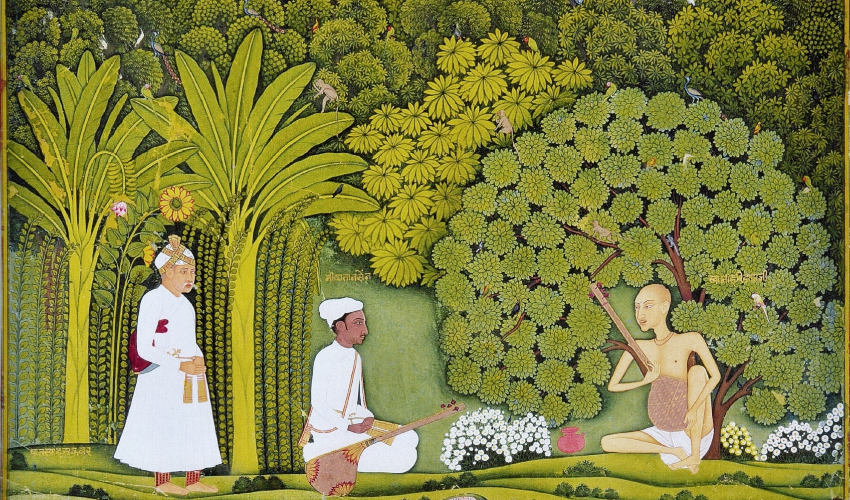
|
1579 |
| Padshah-i Islam | |
| 1550-1800 | |
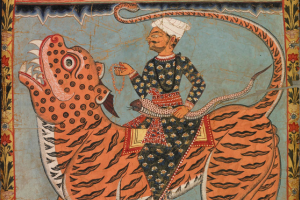
|
1550-1800 |
| Who are the Bengal Muslims? : Conversion and Islamisation in Bengal | |
| c. 1600 CE-1900 CE | |
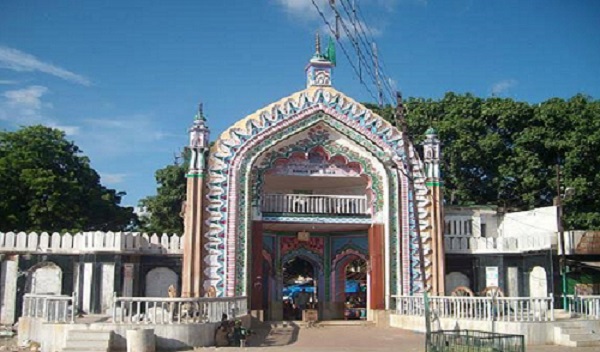
|
c. 1600 CE-1900 CE |
| The Birth of a Community: UP’s Ghazi Miyan and Narratives of ‘Conquest’ | |
| 1553 - 1900 | |
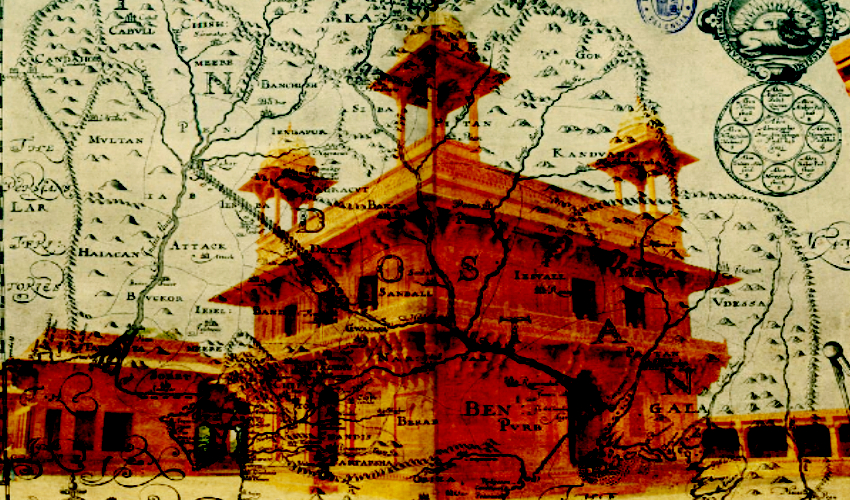
|
1553 - 1900 |
| What Happened to ‘Hindustan’? | |
| 1630-1680 | |
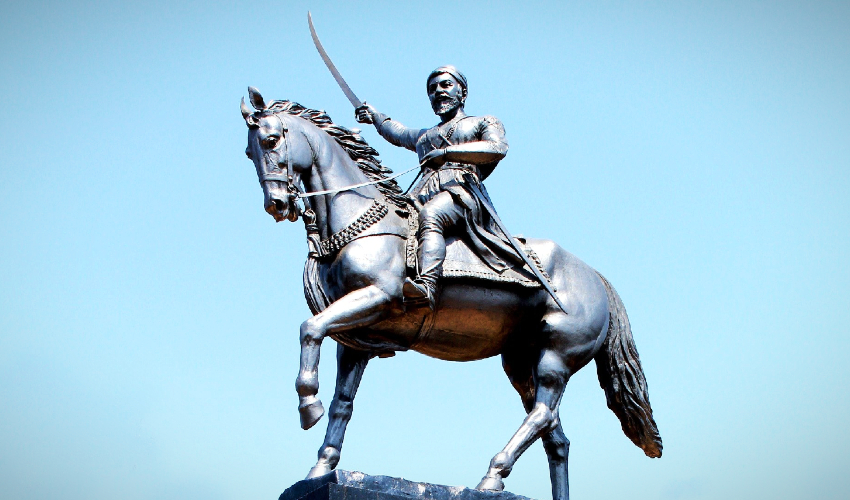
|
1630-1680 |
| Shivaji: Hindutva Icon or Secular Nationalist? | |
| 1630 -1680 | |
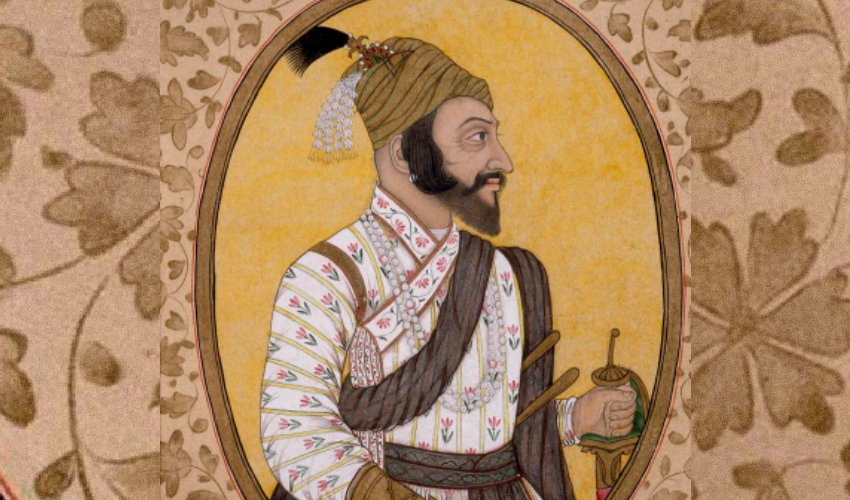
|
1630 -1680 |
| Shivaji: His Legacy & His Times | |
| c. 1724 – 1857 A.D. | |

|
c. 1724 – 1857 A.D. |
| Bahu Begum and the Gendered Struggle for Power | |
| 1818 - Present | |
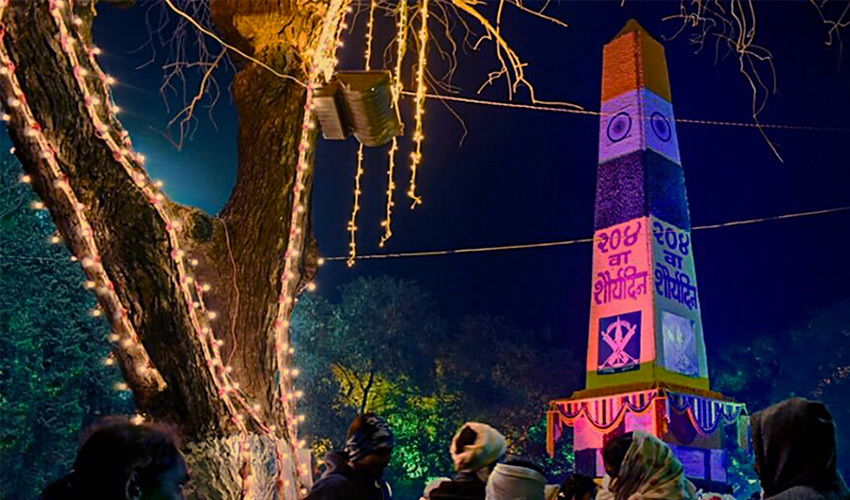
|
1818 - Present |
| The Contesting Memories of Bhima-Koregaon | |
| 1831 | |
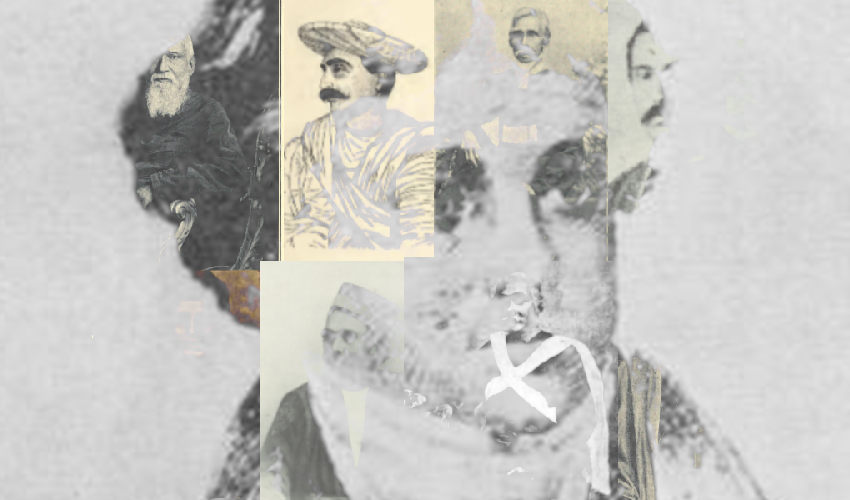
|
1831 |
| The Derozians’ India | |
| 1855 | |
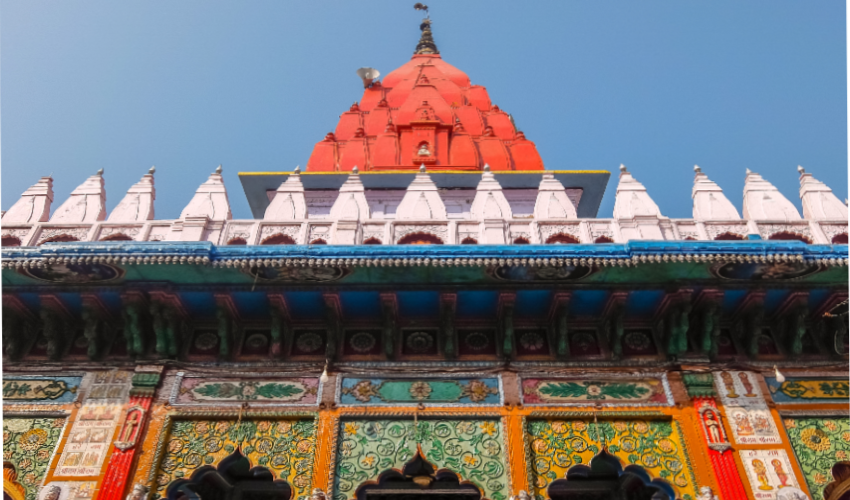
|
1855 |
| Ayodhya 1855 | |
| 1856 | |
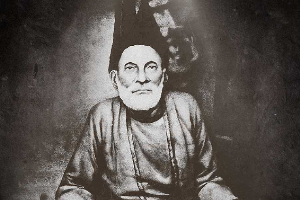
|
1856 |
| “Worshipping the dead is not an auspicious thing” — Ghalib | |
| 1857 | |
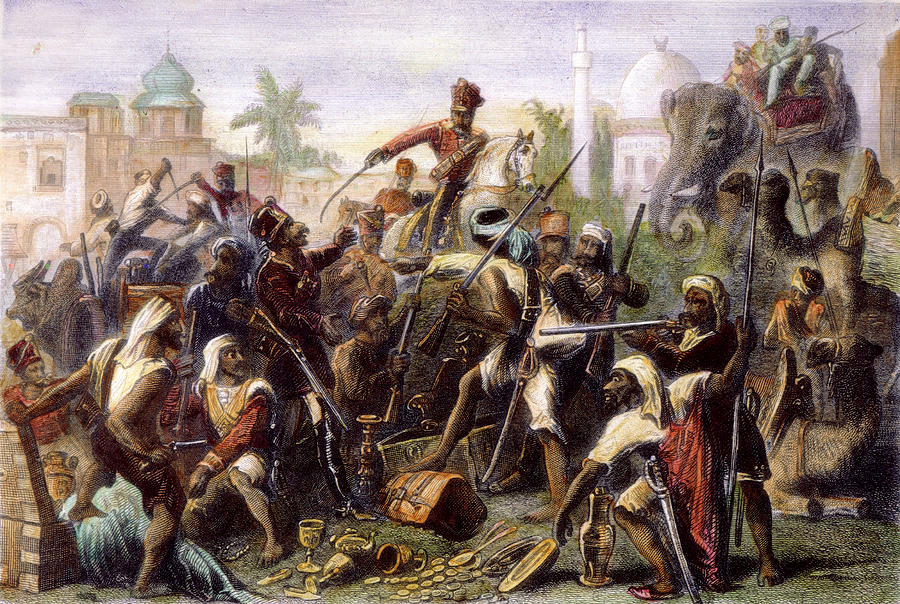
|
1857 |
| A Subaltern speaks: Dalit women’s counter-history of 1857 | |
| 1858 - 1976 | |
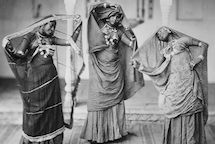
|
1858 - 1976 |
| Lifestyle as Resistance: The Curious Case of the Courtesans of Lucknow | |
| 1883 - 1894 | |
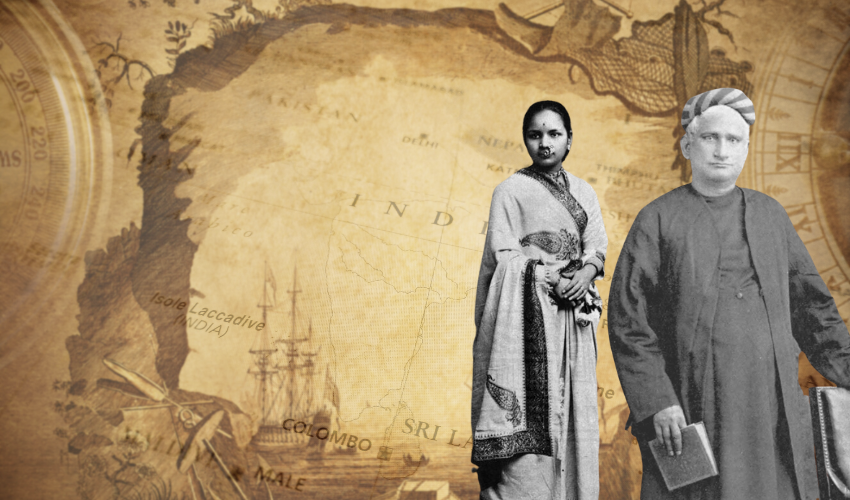
|
1883 - 1894 |
| The Sea Voyage Question: A Nineteenth century Debate | |
| 1887 | |
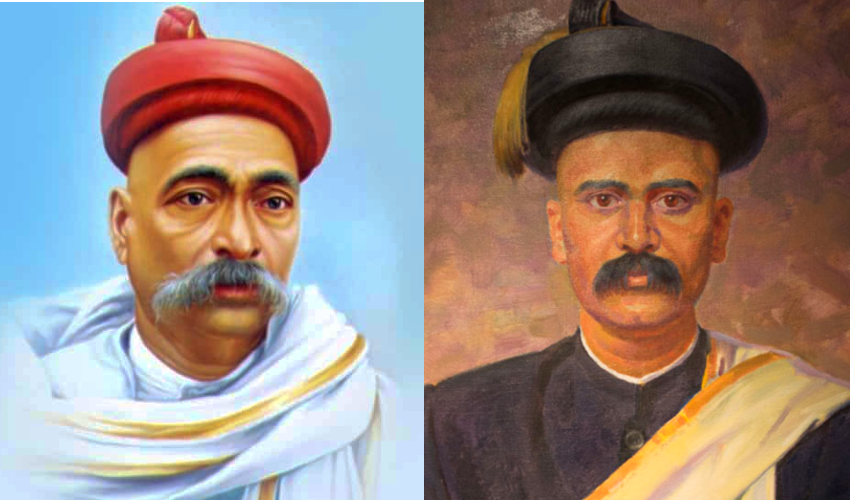
|
1887 |
| The Great Debaters: Tilak Vs. Agarkar | |
| 1893-1946 | |
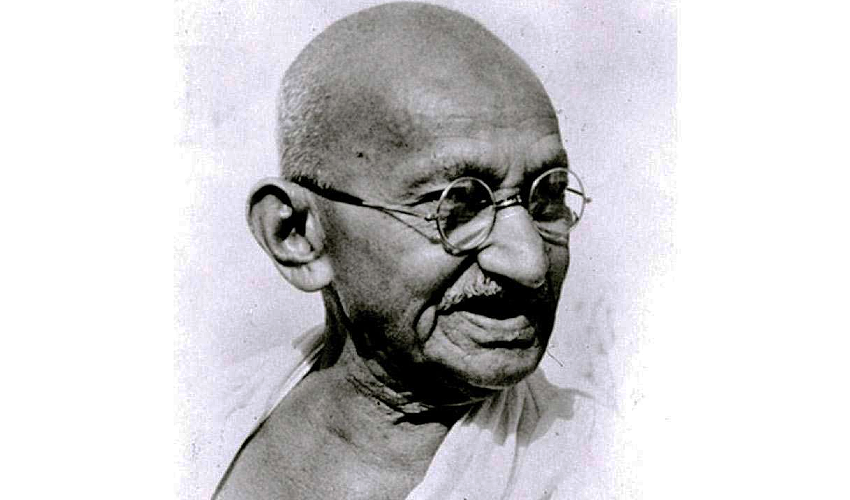
|
1893-1946 |
| A Historian Recommends: Gandhi Vs. Caste | |
| 1897 | |
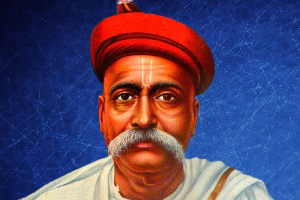
|
1897 |
| Queen Empress vs. Bal Gangadhar Tilak: An Autopsy | |
| 1913 - 1916 Modern Review | |
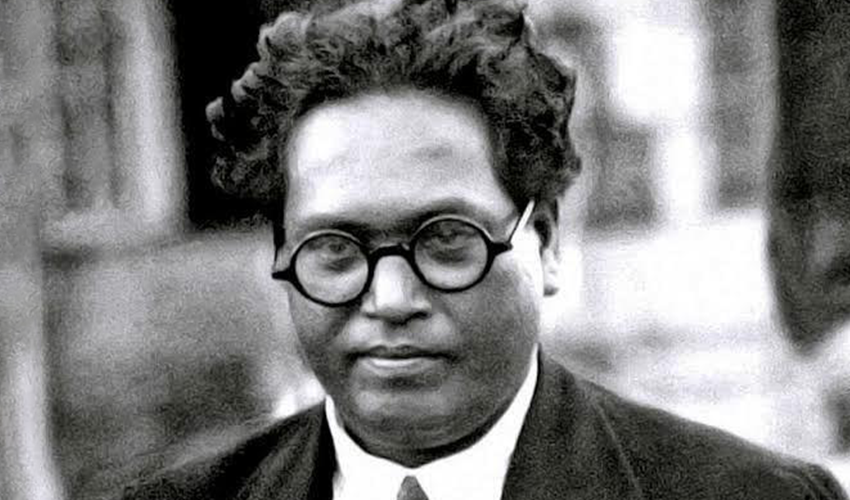
|
1913 - 1916 |
| A Young Ambedkar in New York | |
| 1916 | |
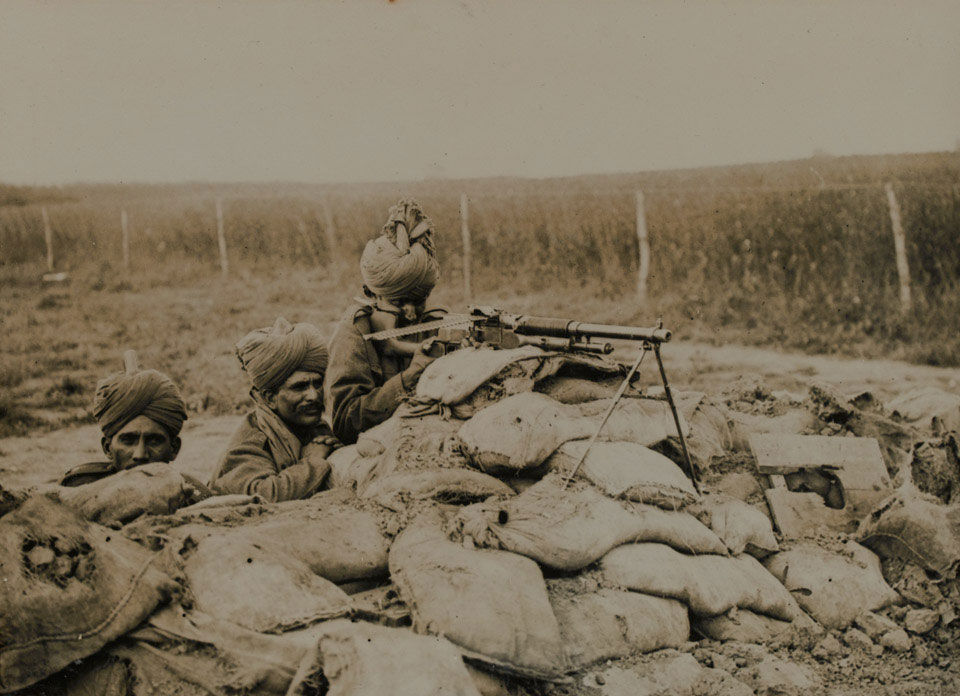
|
1916 |
| A Rare Account of World War I by an Indian Soldier | |
| 1917 | |
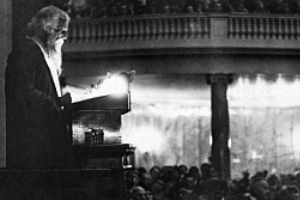
|
1917 |
| On Nationalism, by Tagore | |
| 1918 - 1919 | |
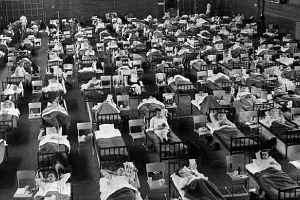
|
1918 - 1919 |
| What Happened to the Virus That Caused the World’s Deadliest Pandemic? | |
| 1920 - 1947 | |
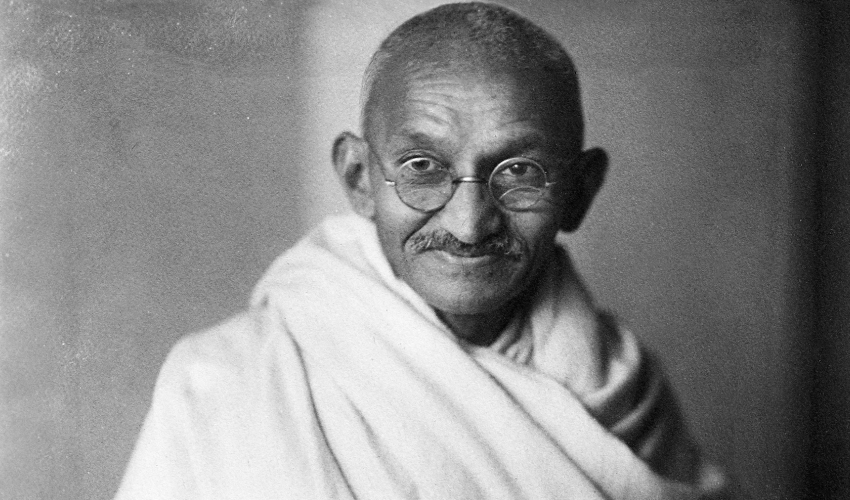
|
1920 - 1947 |
| How One Should Celebrate Diwali, According to Gandhi | |
| 1921 | |
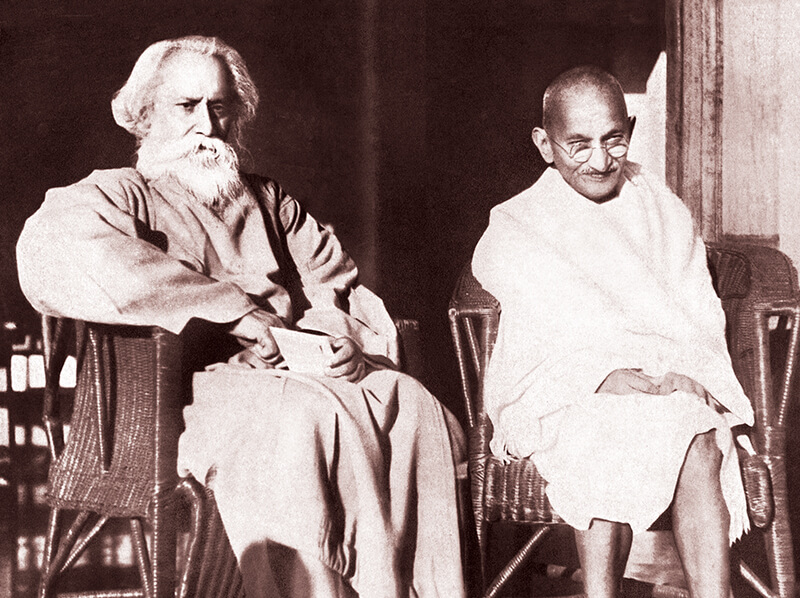
|
1921 |
| Great Debates: Tagore Vs. Gandhi (1921) | |
| 1921 - 2015 | |
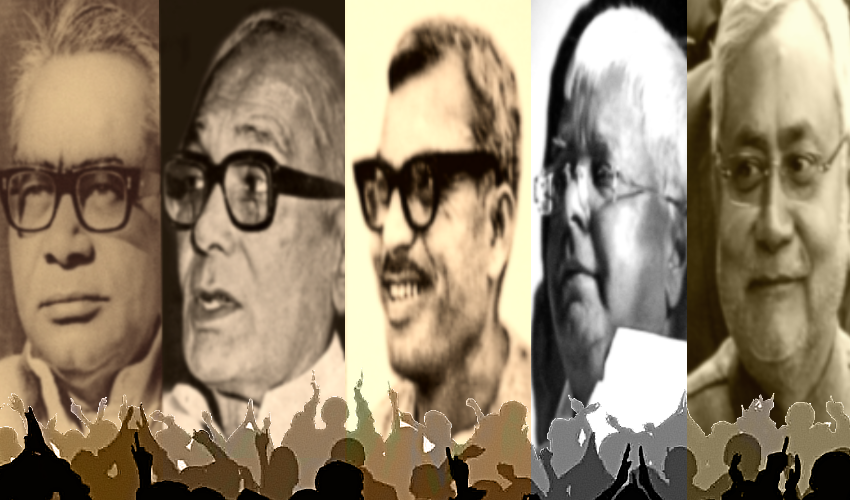
|
1921 - 2015 |
| A History of Caste Politics and Elections in Bihar | |
| 1915-1921 | |
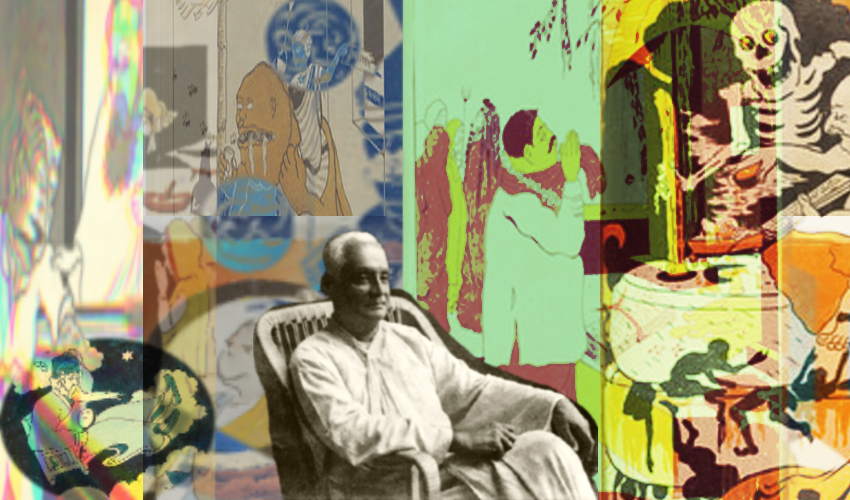
|
1915-1921 |
| The Satirical Genius of Gaganendranath Tagore | |
| 1924-1937 | |
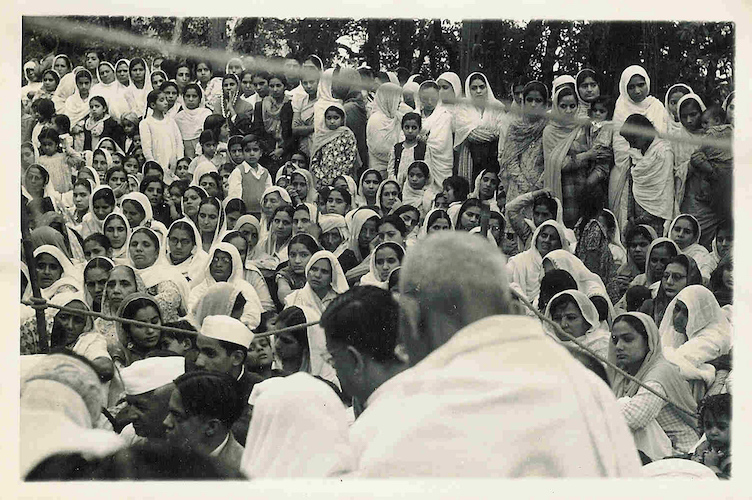
|
1924-1937 |
| What were Gandhi’s Views on Religious Conversion? | |
| 1900-1950 | |
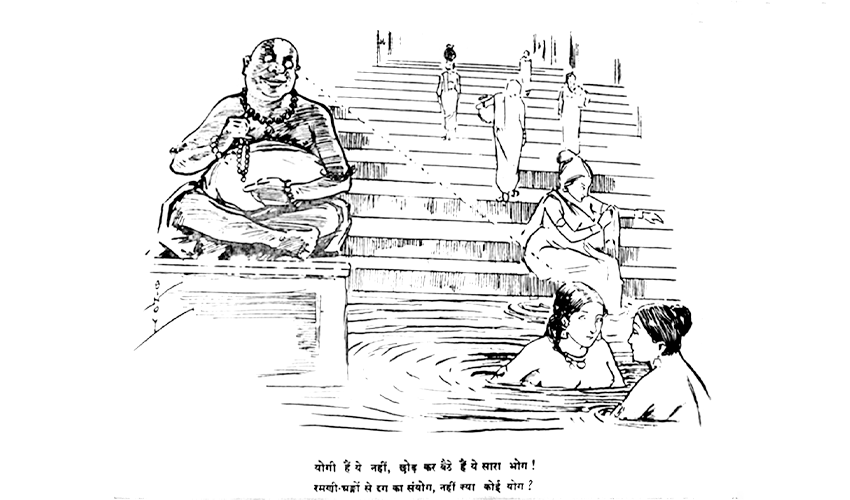
|
1900-1950 |
| Gazing at the Woman’s Body: Historicising Lust and Lechery in a Patriarchal Society | |
| 1925, 1926 | |
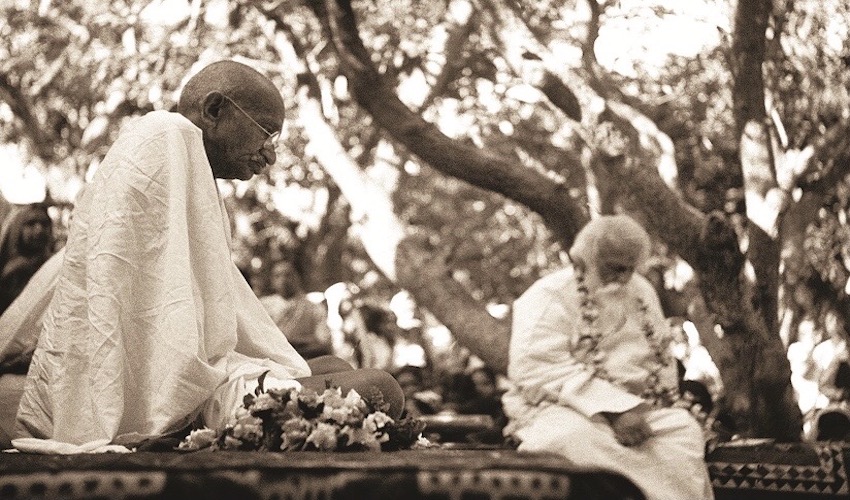
|
1925, 1926 |
| Great Debates: Tagore vs Gandhi (1925-1926) | |
| 1928 | |
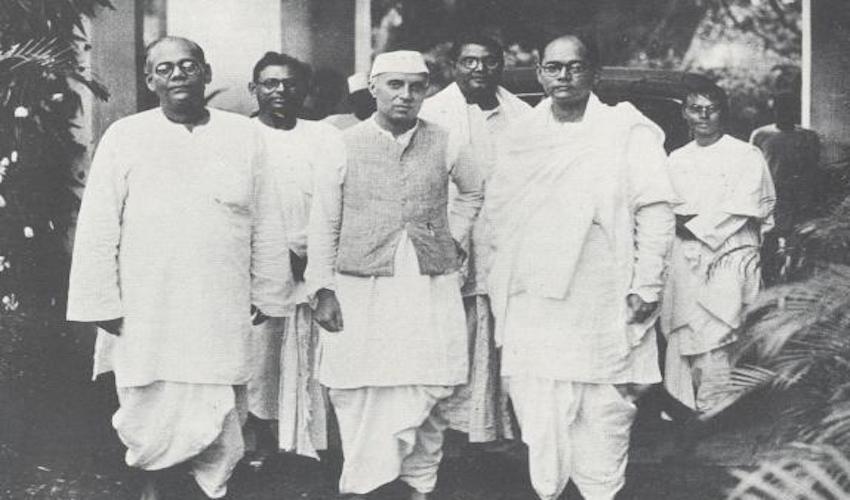
|
1928 |
| Bhagat Singh’s dilemma: Nehru or Bose? | |
| 1930 Modern Review | |
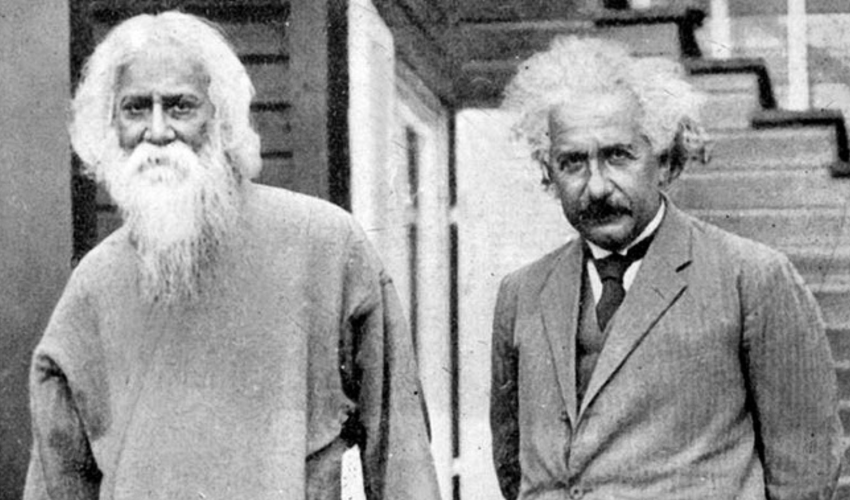
|
1930 |
| The Modern Review Special: On the Nature of Reality | |
| 1932 | |
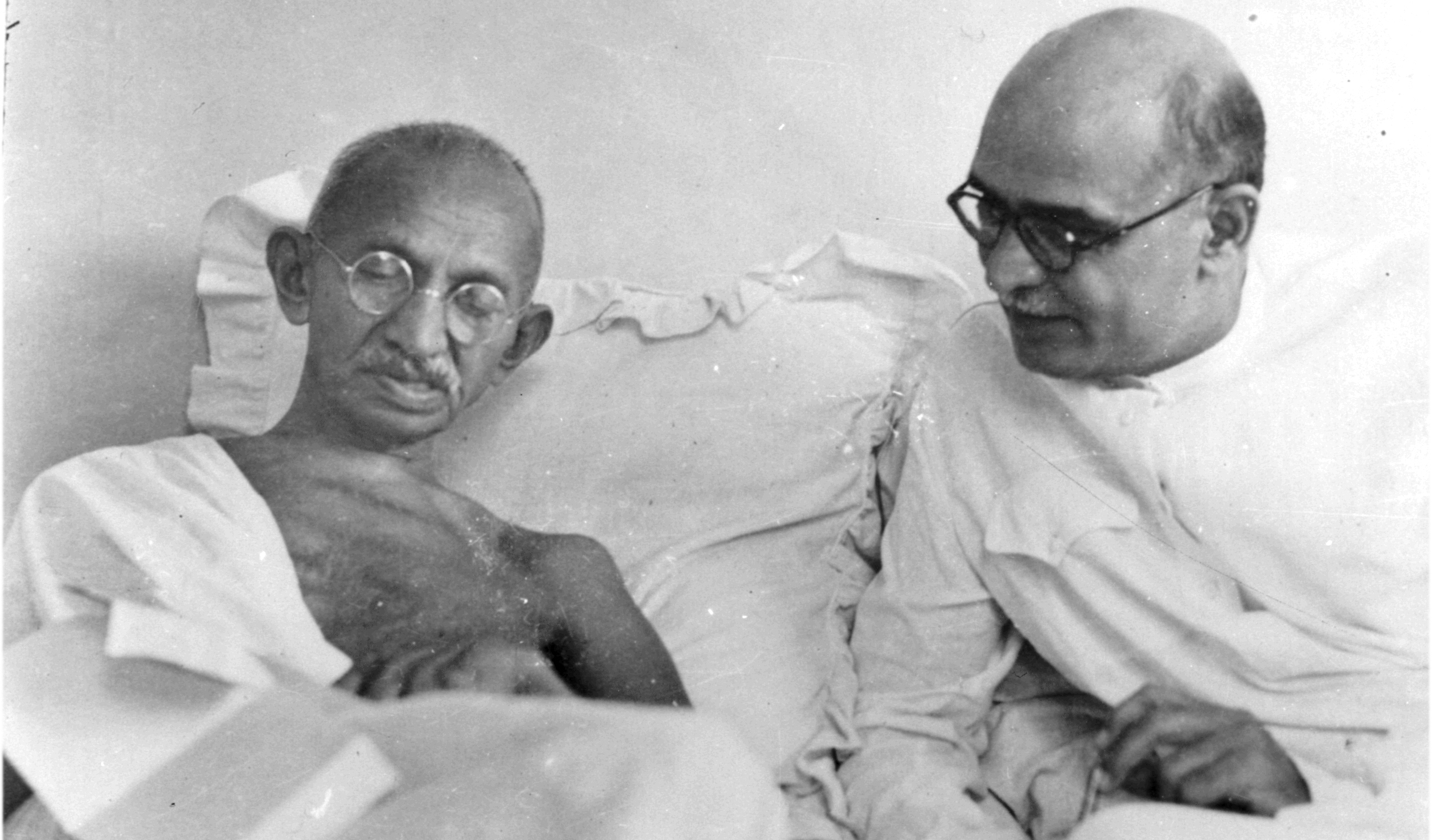
|
1932 |
| Caste, Gandhi and the Man Beside Gandhi | |
| 1933 - 1991 | |
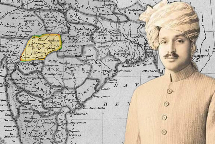
|
1933 - 1991 |
| Raghubir Sinh: The Prince Who Would Be Historian | |
| 1935 | |
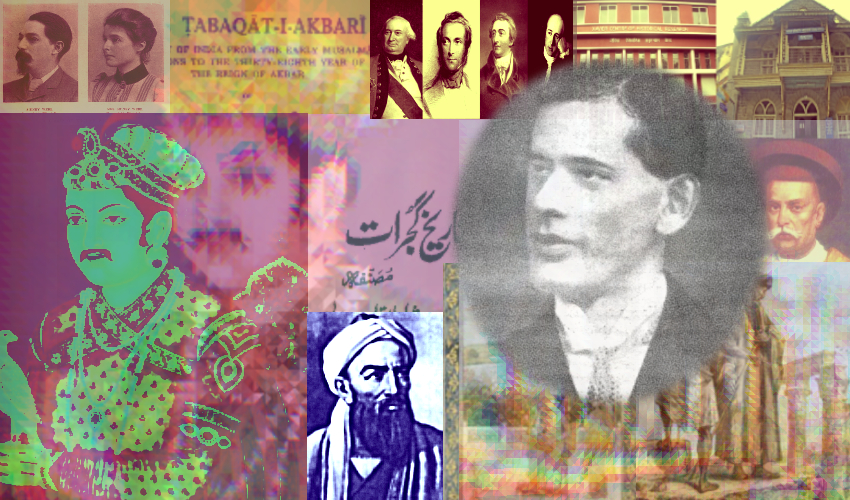
|
1935 |
| A Historian Recommends: SA Khan’s Timeless Presidential Address | |
| 1865-1928 | |
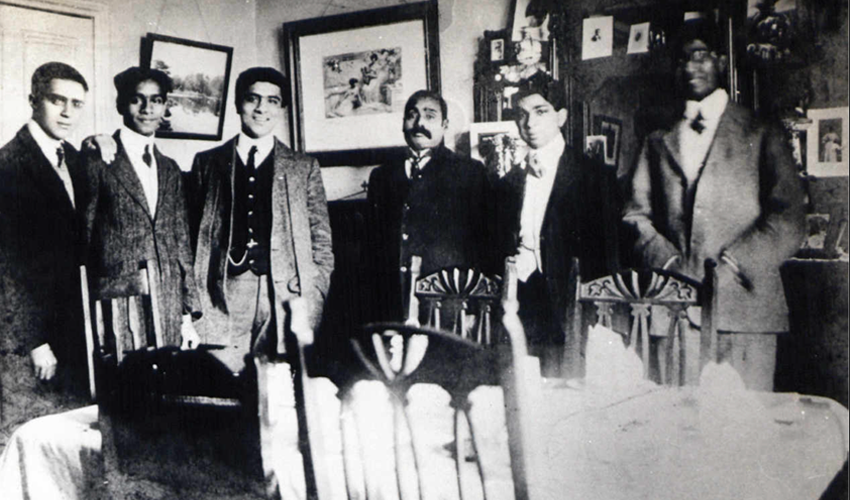
|
1865-1928 |
| Understanding Lajpat Rai’s Hindu Politics and Secularism | |
| 1935 Modern Review | |
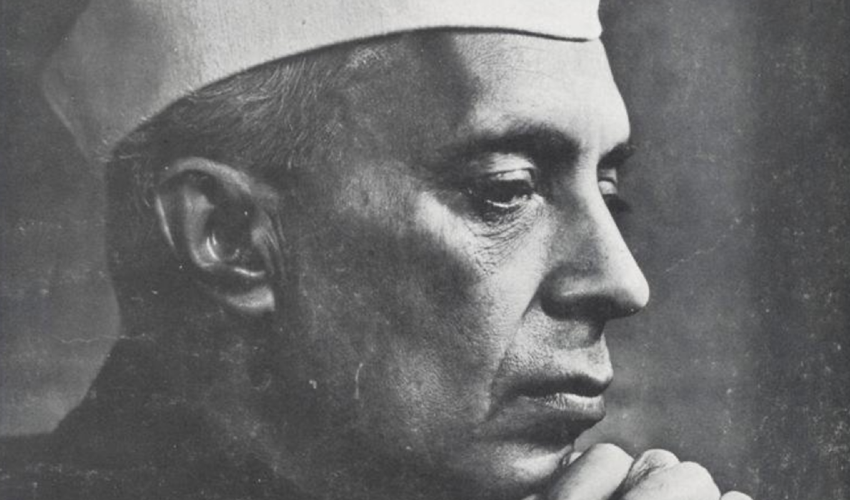
|
1935 |
| The Modern Review Special: The Mind of a Judge | |
| 1936 Modern Review | |
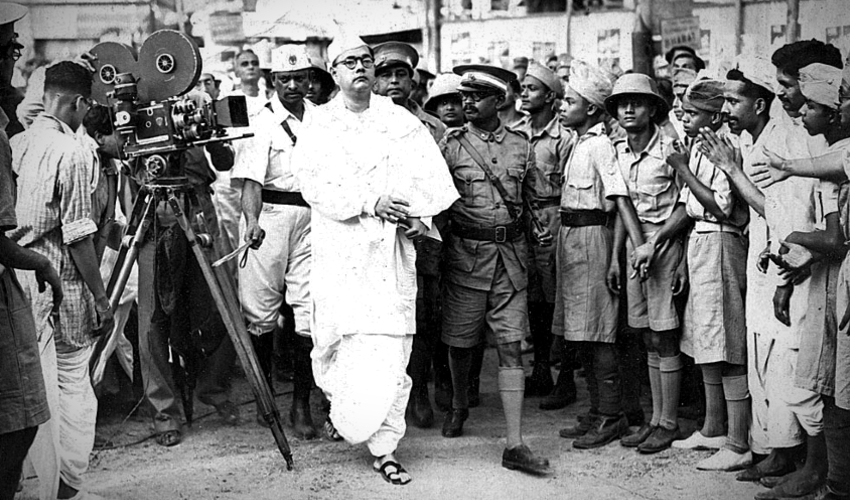
|
1936 |
| The Modern Review Special: When Netaji Subhas Bose Was Wrongfully Detained for ‘Terrorism’ | |
| 1936 | |

|
1936 |
| Annihilation of Caste: Part 1 | |
| 1936 Modern Review | |

|
1936 |
| The Modern Review Special: An Indian MP in the British Parliament | |
| 1936 | |
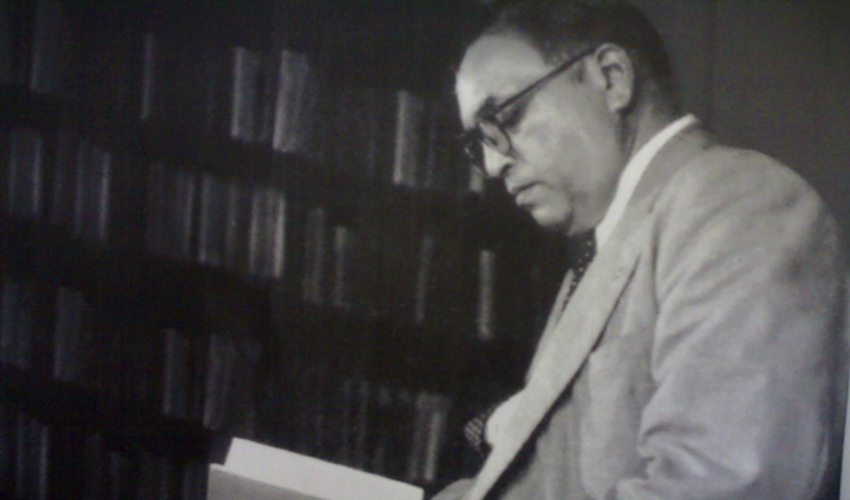
|
1936 |
| Annihilation of Caste: Part 2 | |
| 1936 | |

|
1936 |
| A Reflection of His Age: Munshi Premchand on the True Purpose of Literature | |
| 1936 Modern Review | |
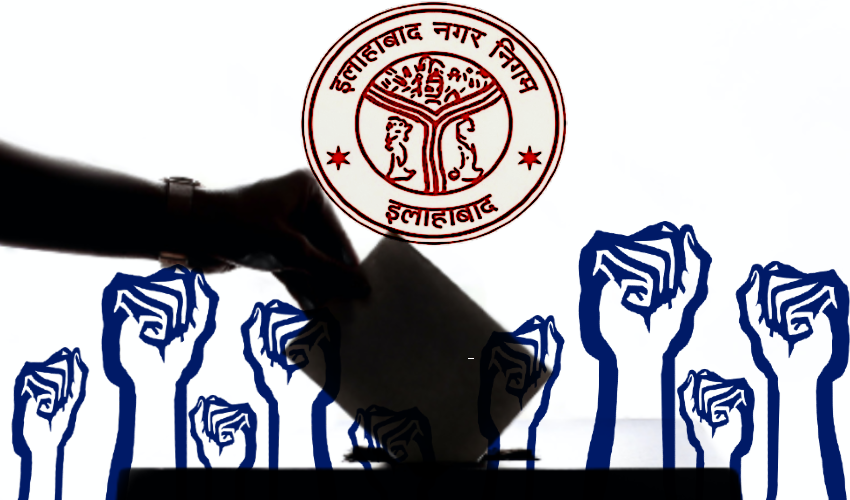
|
1936 |
| The Modern Review Special: The Defeat of a Dalit Candidate in a 1936 Municipal Election | |
| 1937 Modern Review | |
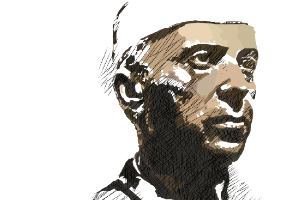
|
1937 |
| The Modern Review Special: Rashtrapati | |
| 1938 | |
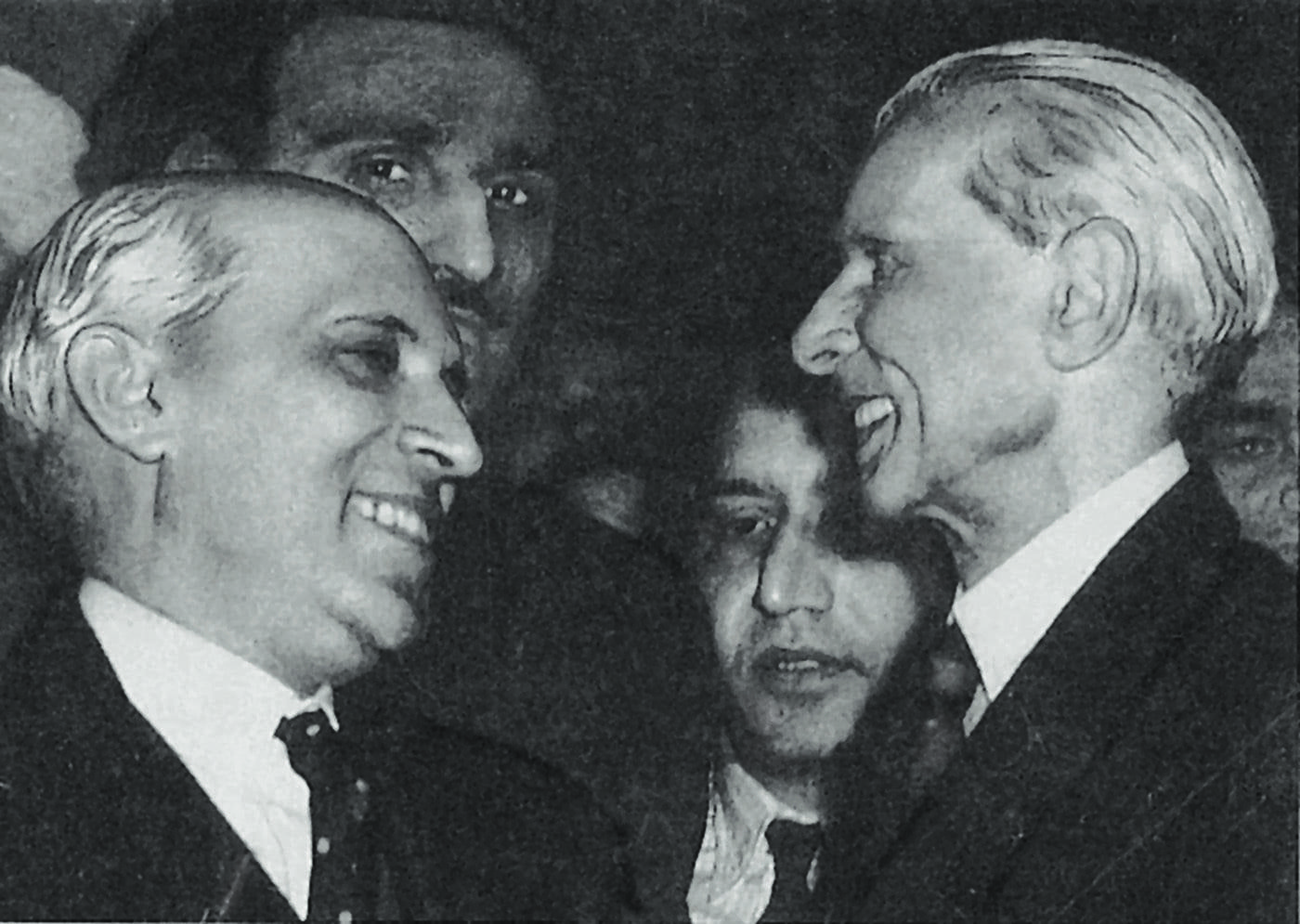
|
1938 |
| Great Debates: Nehru Vs. Jinnah (1938) | |
| 1942 Modern Review | |
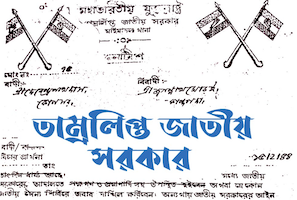
|
1942 |
| IHC Uncovers: A Parallel Government In British India (Part 1) | |
| 1943-1945 | |
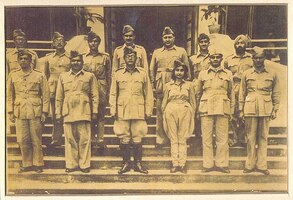
|
1943-1945 |
| Origin Of The Azad Hind Fauj | |
| 1942-1945 | |
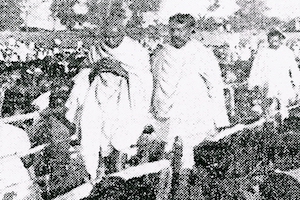
|
1942-1945 |
| IHC Uncovers: A Parallel Government in British India (Part 2) | |
| 1946 | |
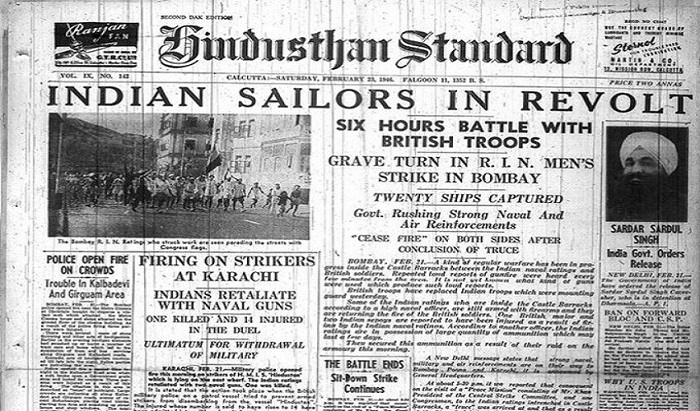
|
1946 |
| Our Last War of Independence: The Royal Indian Navy Mutiny of 1946 | |
| 1946 | |
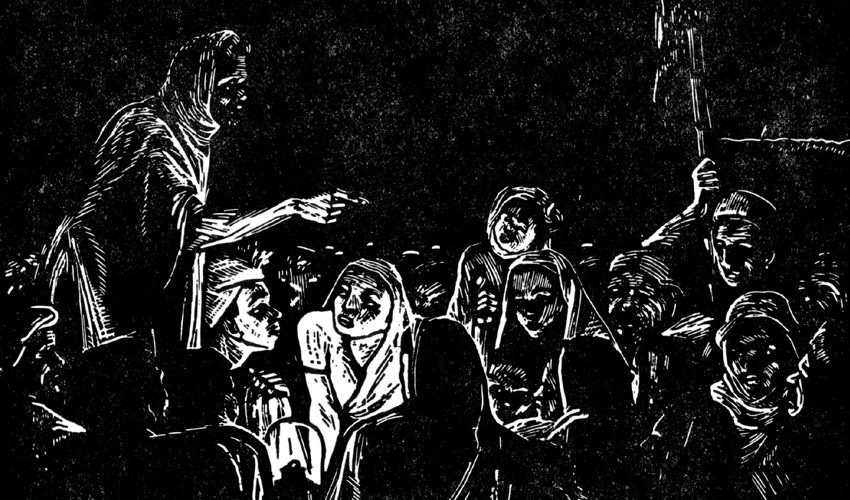
|
1946 |
| An Artist’s Account of the Tebhaga Movement in Pictures And Prose | |
| 1946 – 1947 | |
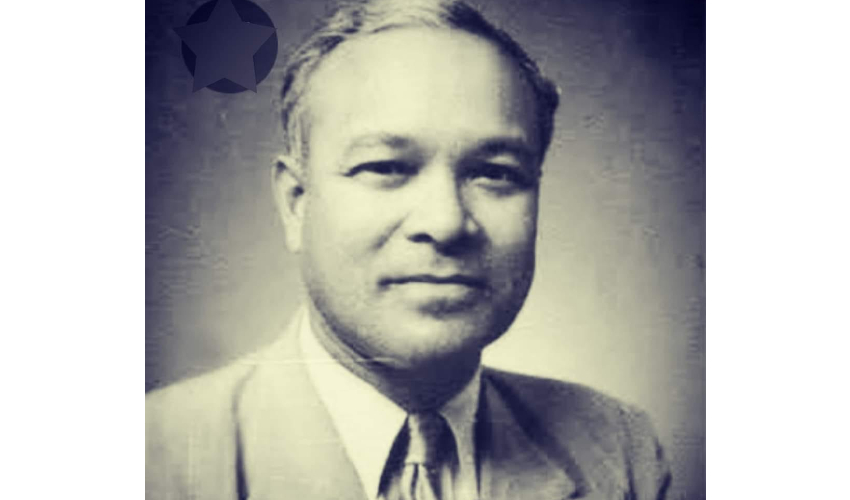
|
1946 – 1947 |
| “The Most Democratic People on Earth” : An Adivasi Voice in the Constituent Assembly | |
| 1946-1947 | |
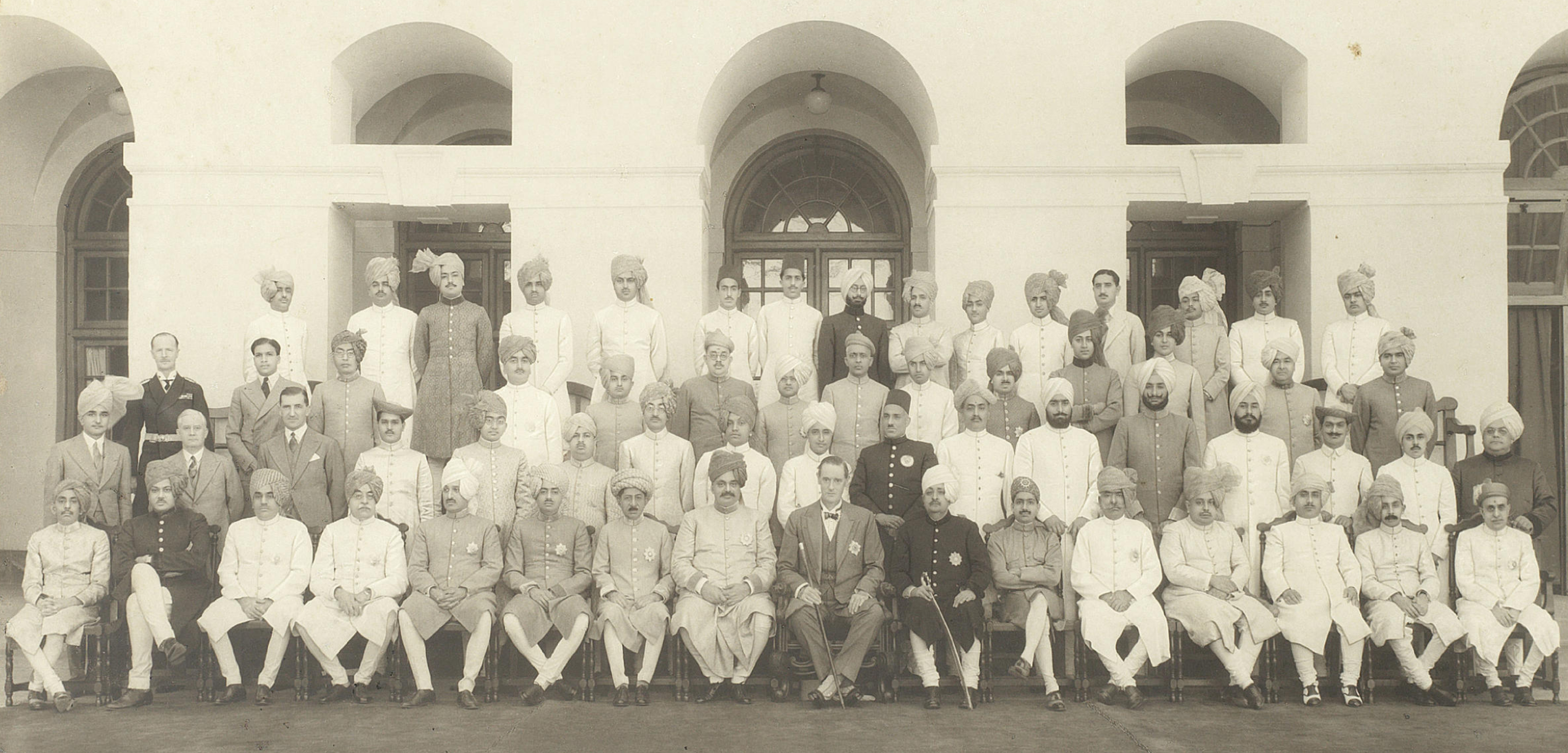
|
1946-1947 |
| VP Menon and the Birth of Independent India | |
| 1916 - 1947 | |
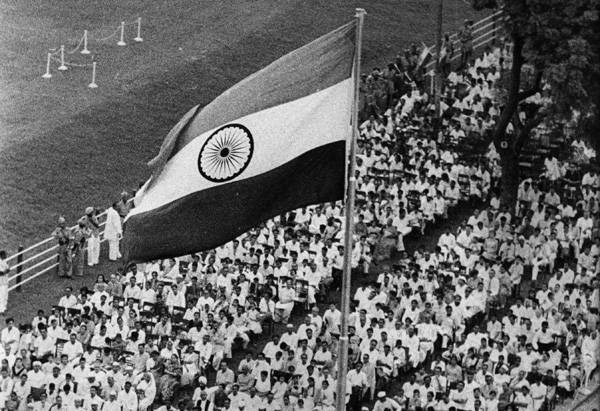
|
1916 - 1947 |
| 8 @ 75: 8 Speeches Independent Indians Must Read | |
| 1947-1951 | |
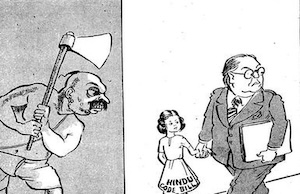
|
1947-1951 |
| Ambedkar Cartoons: The Joke’s On Us | |
| 1948 | |

|
1948 |
| “My Father, Do Not Rest” | |
| 1940-1960 | |

|
1940-1960 |
| Integration Myth: A Silenced History of Hyderabad | |
| 1948 | |
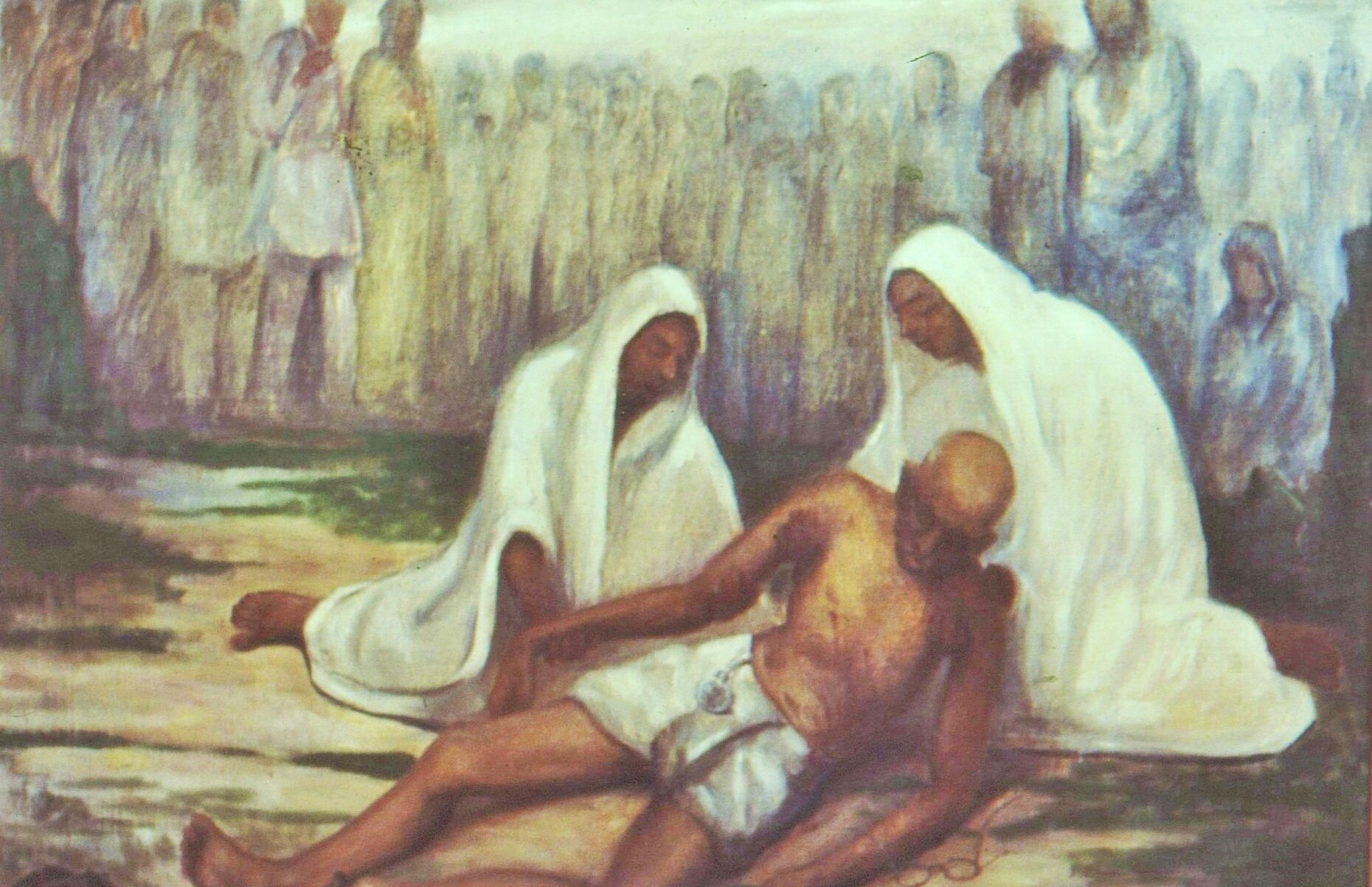
|
1948 |
| The Assassination of a Mahatma, the Princely States and the ‘Hindu’ Nation | |
| 1949 | |
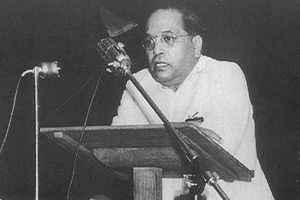
|
1949 |
| Ambedkar warns against India becoming a ‘Democracy in Form, Dictatorship in Fact’ | |
| 1950 | |
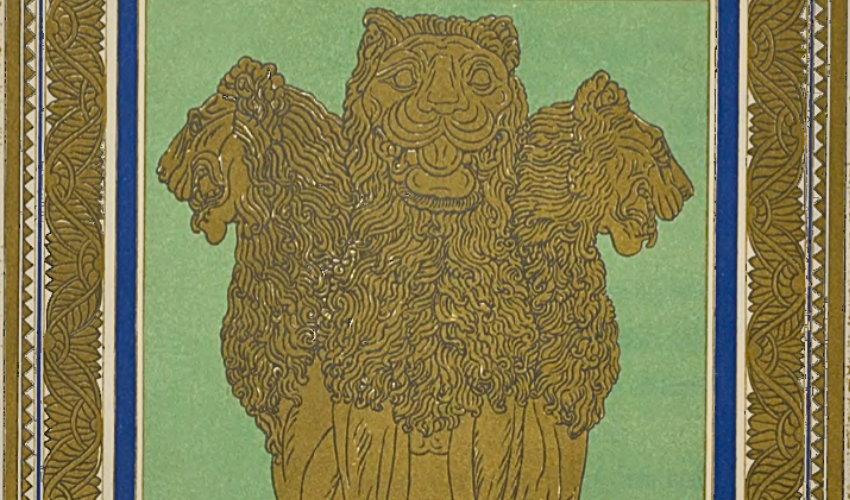
|
1950 |
| Illustrations from the constitution | |
| 1951 | |
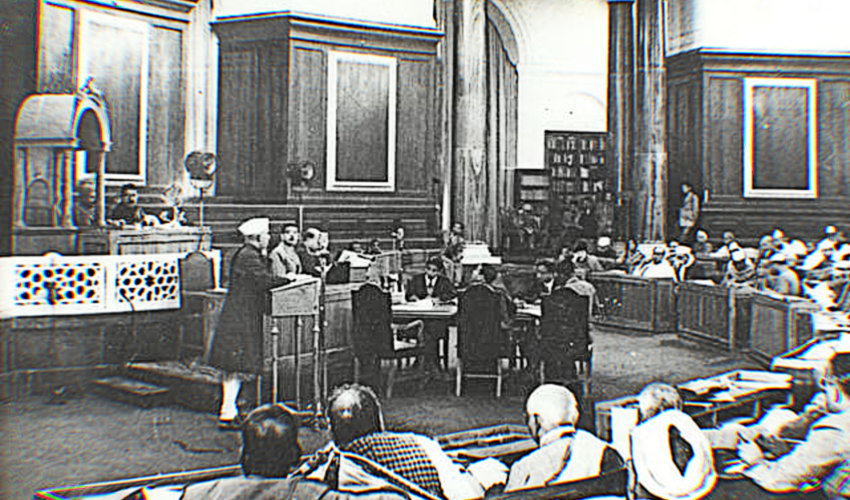
|
1951 |
| How the First Amendment to the Indian Constitution Circumscribed Our Freedoms & How it was Passed | |
| 1967 | |
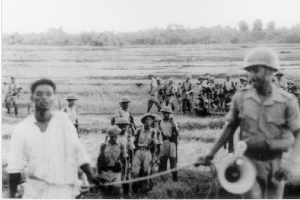
|
1967 |
| Once Upon A Time In Naxalbari | |
| 1970 | |
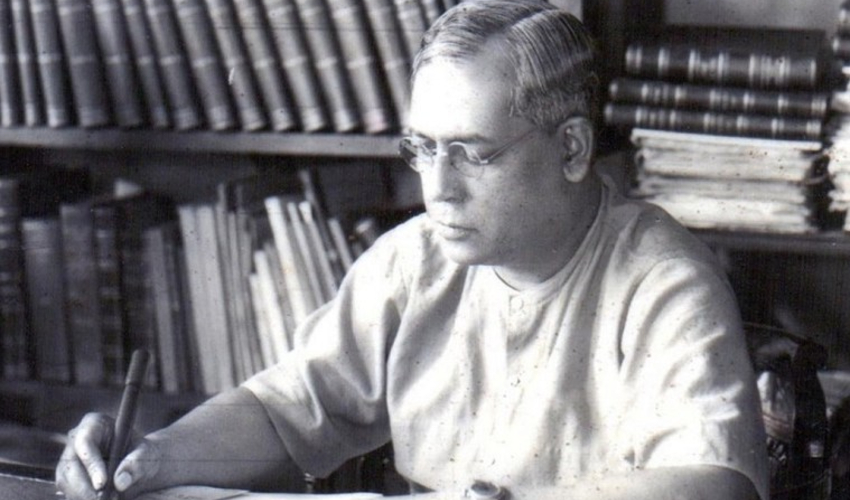
|
1970 |
| R.C. Majumdar on Shortcomings in Indian Historiography | |
| 1973 - 1993 | |
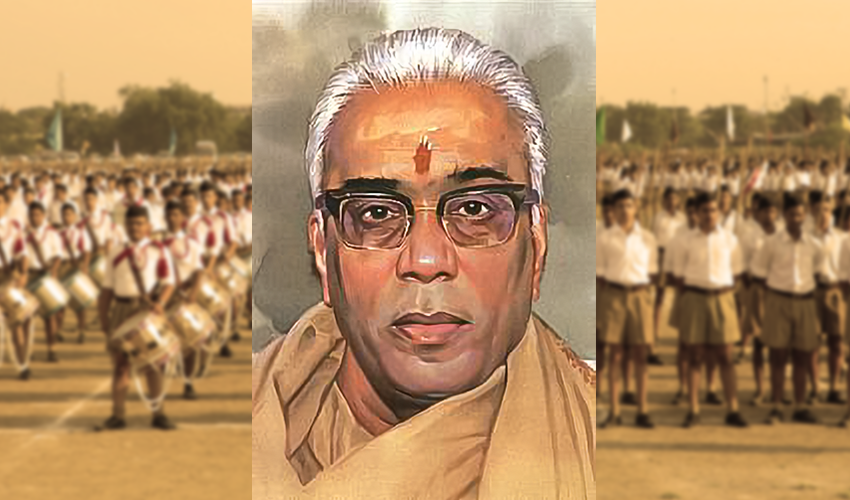
|
1973 - 1993 |
| Balasaheb Deoras: Kingmaker of the Sangh | |
| 1975 | |
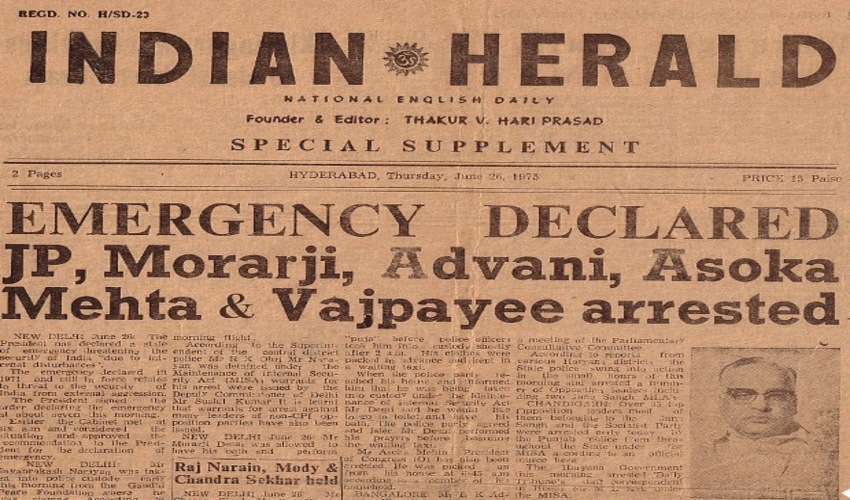
|
1975 |
| The Emergency Package: Shadow Power | |
| 1975 | |
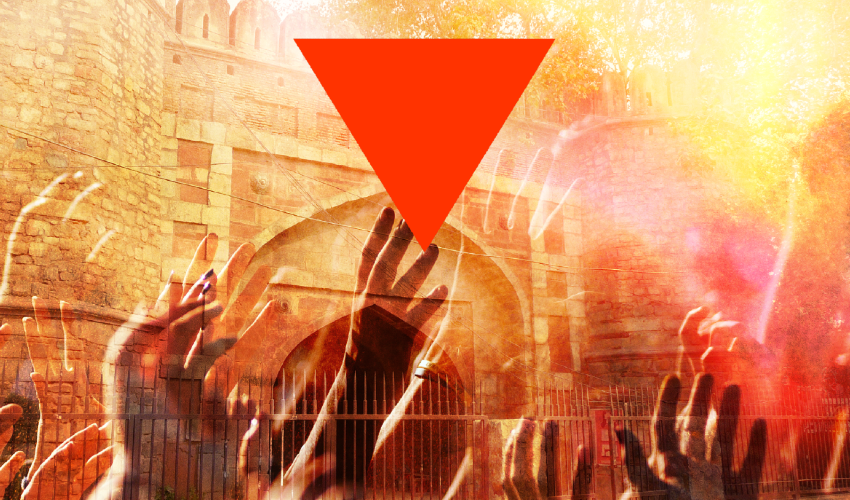
|
1975 |
| The Emergency Package: The Prehistory of Turkman Gate – Population Control | |
| 1977 – 2011 | |
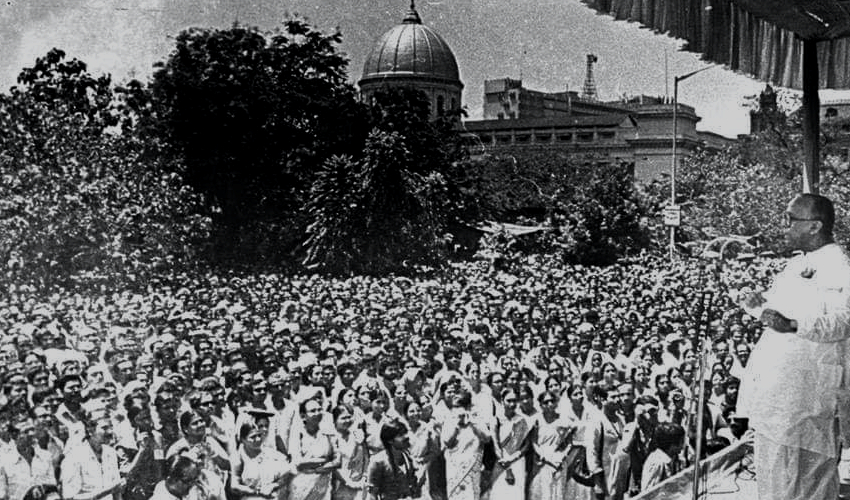
|
1977 – 2011 |
| Power is an Unforgiving Mistress: Lessons from the Decline of the Left in Bengal | |
| 1984 | |
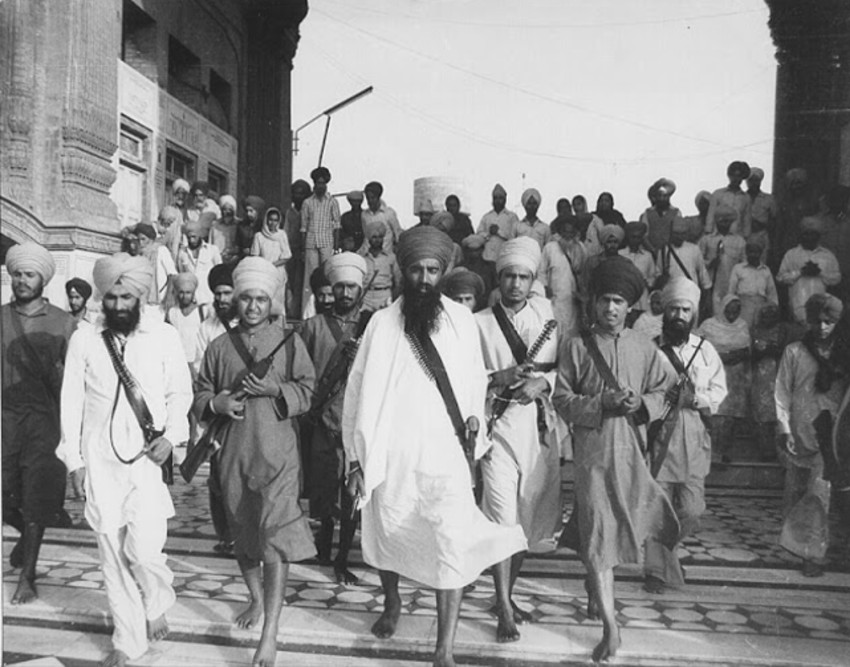
|
1984 |
| Mrs Gandhi’s Final Folly: Operation Blue Star | |
| 1916-2004 | |
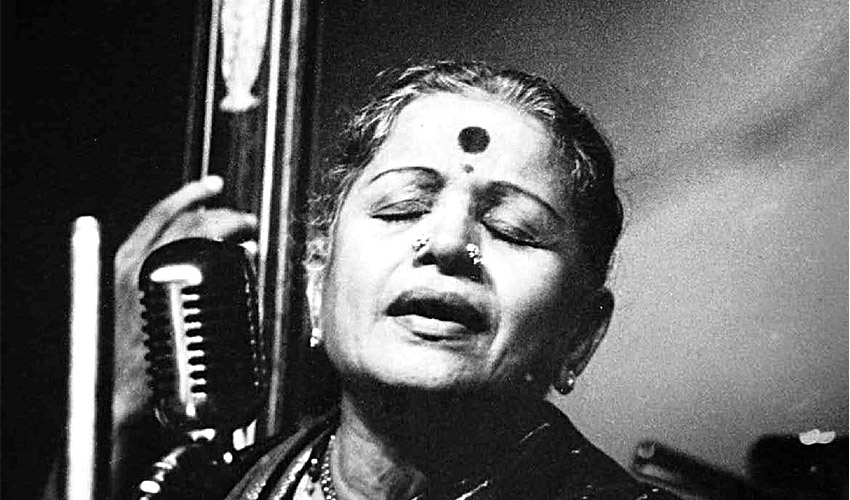
|
1916-2004 |
| Amjad Ali Khan on M.S. Subbulakshmi: “A Glorious Chapter for Indian Classical Music” | |
| 2008 | |
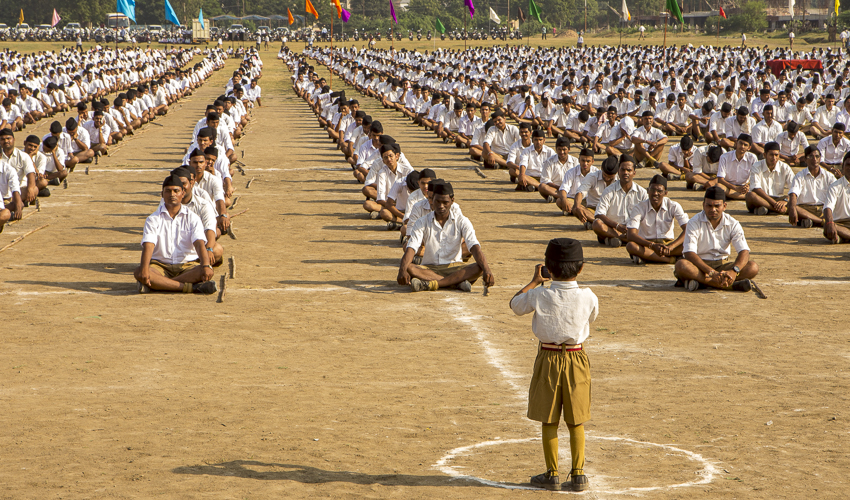
|
2008 |
| Whose History Textbook Is It Anyway? | |
| 2006 - 2009 | |
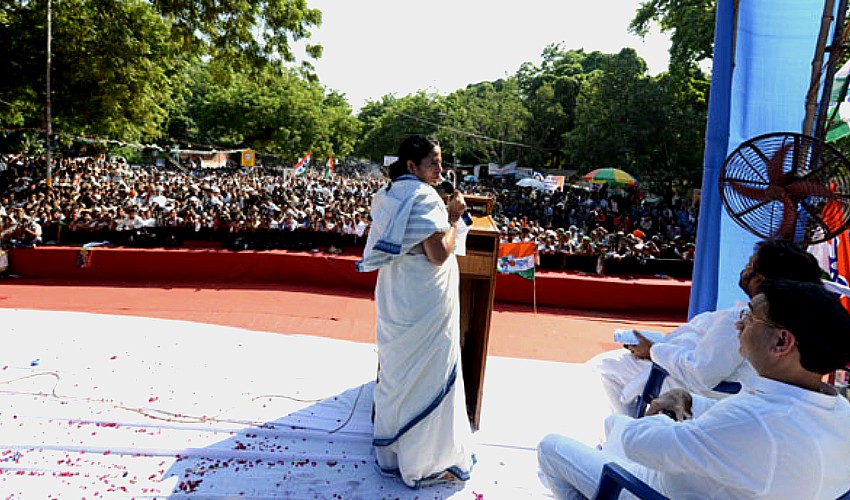
|
2006 - 2009 |
| Singur-Nandigram-Lalgarh: Movements that Remade Mamata Banerjee | |
| 2020 | |
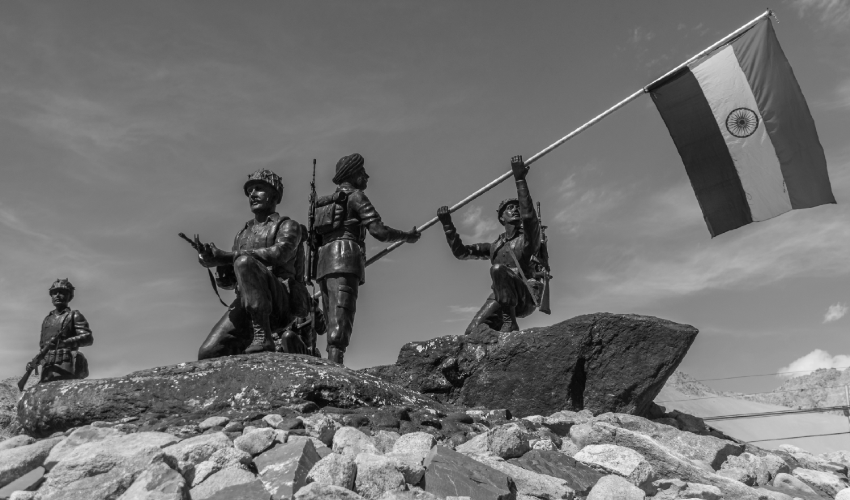
|
2020 |
| The Indo-China Conflict: 10 Books We Need To Read | |
| 2021 | |
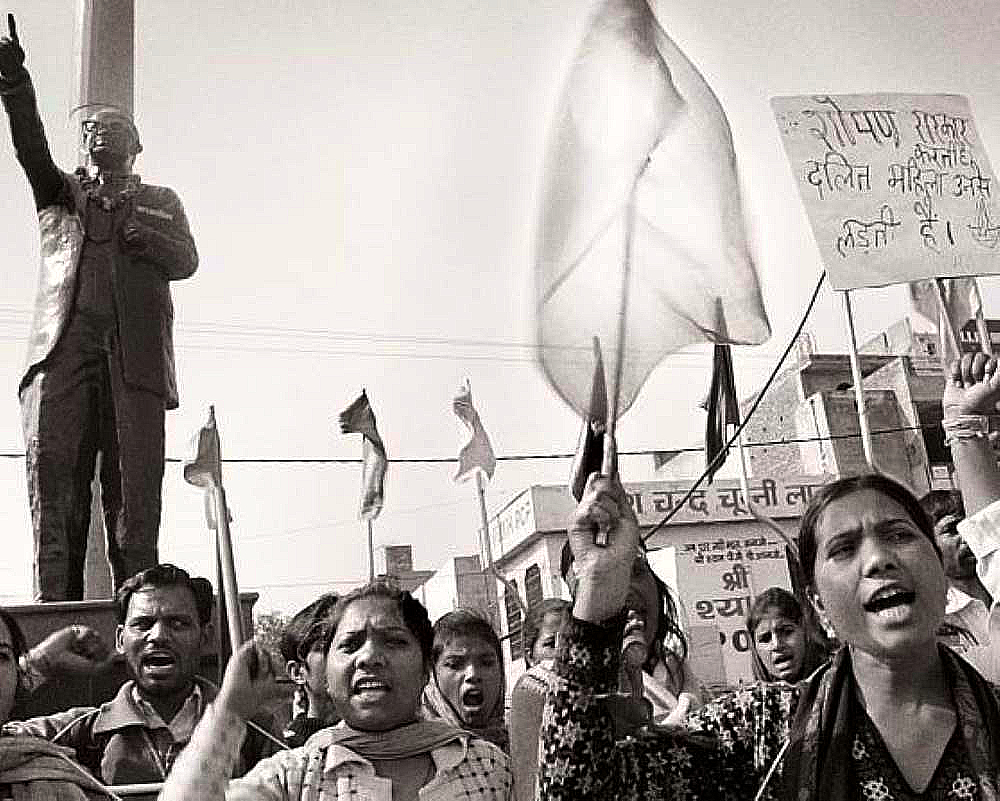
|
2021 |
| Singing/Writing Liberation: Dalit Women’s Narratives | |
Excellent collection, more details are required on Jaipal Singh Munda, being icon of Adivasi Samaj. Please give the details of books and other documents (films, documentaries, research work, etc) on Jaipal Singh Munda and source of their availability.
Very useful information about Jingli ‘Marang Gomke’ (the Great Leader).